Invited Talk on "The Southern Gas Corridor: Current Perceptions and Future Prospects"
Speaker: John Roberts, Chief Analyst, Natural Gas World
 In physical terms, the construction of the Southern Gas Corridor (SGC) is proceeding rapidly.
In physical terms, the construction of the Southern Gas Corridor (SGC) is proceeding rapidly.
But there may well be a mismatch between current perceptions of what the SGC will achieve and its actual development over the next ten years or so.
Current perceptions are centred on the supply of Azerbaijani gas for first stage delivery of 6 bcm/y to Turkey and 10 bcm/y to Europe and also as the key component in second stage delivery of similar volumes to the EU and Turkey.
In addition, the SGC is intended as a conduit for prospective supplies from a wide variety of current or future producers, such as those in Turkmenistan, Iran, Northern Iraq and the Eastern Mediterranean.
But how realistic are such perceptions? Which producers are likely to find themselves in a position to provide input into the system in 2020, the year when the SGC is scheduled to start delivering gas to the EU? Will the SGC itself be properly operational at that time?
In addition, what will be the impact of Russia’s plans for Turkstream?
These issues – and the role of the Southern Gas Corridor in European and regional energy security – were addressed in the presentation.
Please note this event WAS only open to current MSc in Energy Management students.
John Roberts, Chief Analyst, Natural Gas World
John M. Roberts is one of Europe’s leading energy security specialists. He has testified to UK parliamentary committees on Russian, Caspian, Turkish, Kurdish and Mideast energy security issues. A Senior Partner with Methinks Ltd and Senior Fellow at the Atlantic Council of the US, he was previously a Managing Editor with Platts and Financial Times Energy. He is also the Chief Analyst for Natural Gas World and writes frequently for Platts Energy Economist.
He has regularly toured the Gulf, the Caspian and the Eastern Mediterranean, as well as visiting the Alaskan North Slope, the Athabasca Oil Sands, China, Norway and Venezuela.
His recent major papers include:
Completing Europe: Gas Interconnections in Central and Southeastern Europe—An Update,(launched at the Dubrovnik summit of regional heads of government in August 2016). Atlantic Council, Washington DC, August 2016.
http://www.atlanticcouncil.org/images/publications/Completing_Europe_web_0915.pdf.
Iraqi Kurdistan Oil & Gas Outlook, Atlantic Council, Washington DC, September 2016.
http://www.atlanticcouncil.org/images/publications/Iraqi_Kurdistan_Oil_and_Gas_Outlook_web_0915.pdf.
Russia’s Gas Challenge: The Consequences for China, Central Asia, Europe & the USA, Oxford, January 2016.
The Impact of Turkish Stream on European Energy Security and the Southern Gas Corridor, Atlantic Council, Washington DC, July 2015.
http://www.atlanticcouncil.org/images/publications/TurkishStream_webfinal.pdf.
He has also written Energy in the Eastern Mediterranean: Promise or Peril?, Chapter in A Eurasian Energy Primer: The Transatlantic Perspective. Ed: David Koranyi, Atlantic Council, Washington DC, 2013 and contributed, with Harry Tzimitras, to Hydrocarbon Developments in the Eastern Mediterranean, a report by Charles Ellinas for the Atlantic Council (August 2016). http://www.atlanticcouncil.org/publications/reports/hydrocarbon-developments-in-the-eastern-mediterranean
A paper on Turkey: Gas Pipelines and European Energy Security, delivered at the Gulf Research Centre’s conference on Challenges Facing GCC Oil & Gas Exports at the University of Cambridge, UK, in August 2016 is currently being prepared for publication.
He is currently preparing papers on gas interconnections between the Baltic, the Adriatic and the Black Sea; on Russia-China gas relations; and on the potential for energy cooperation between the EU and Russia.






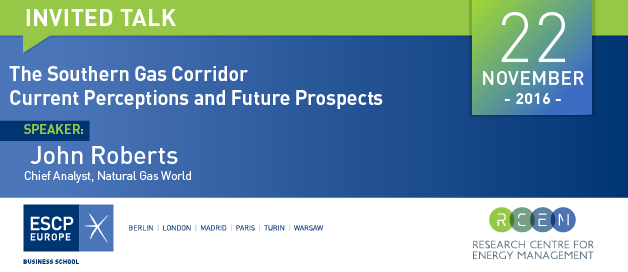
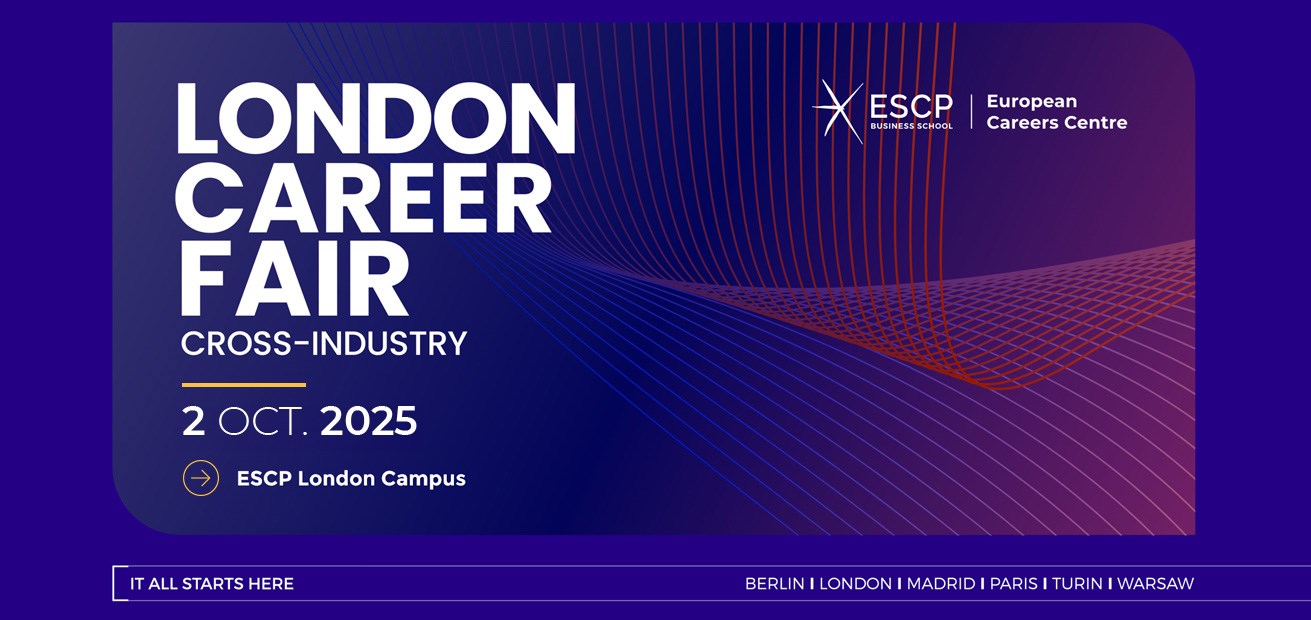
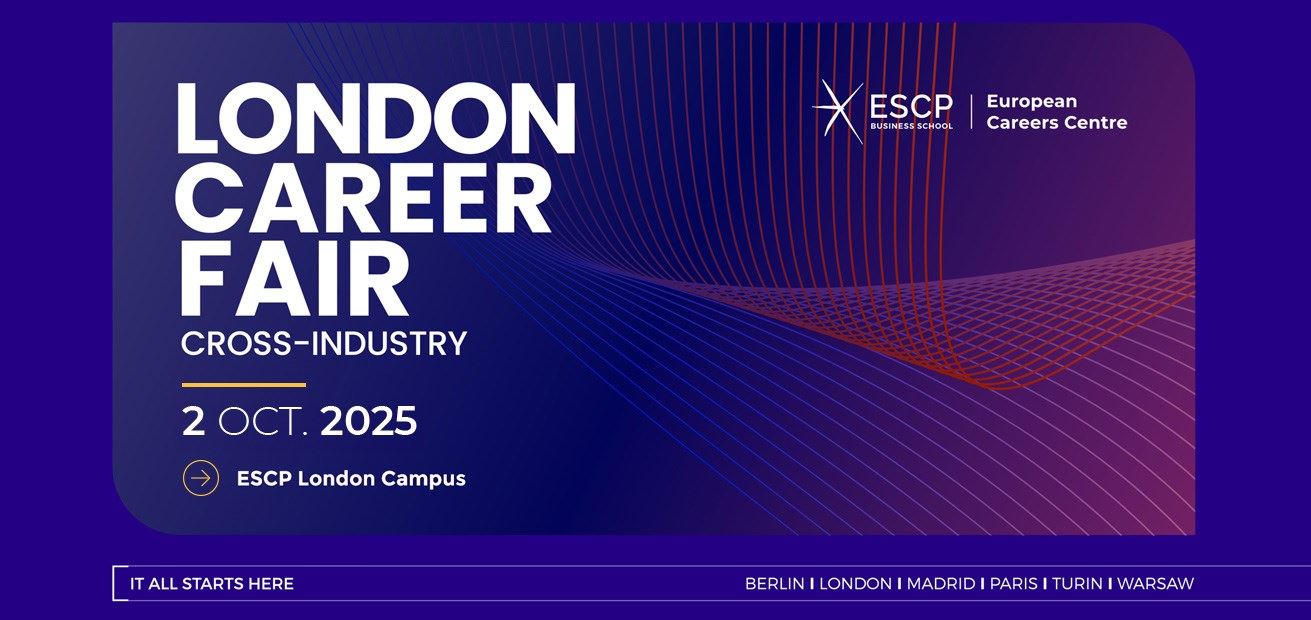
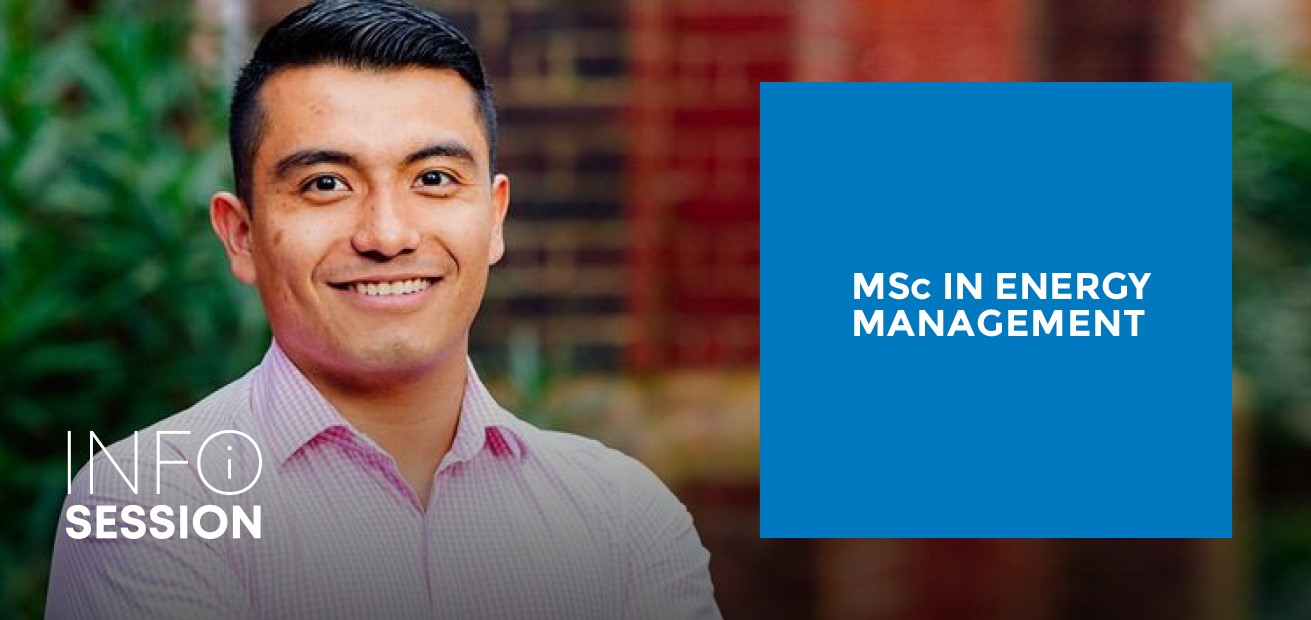
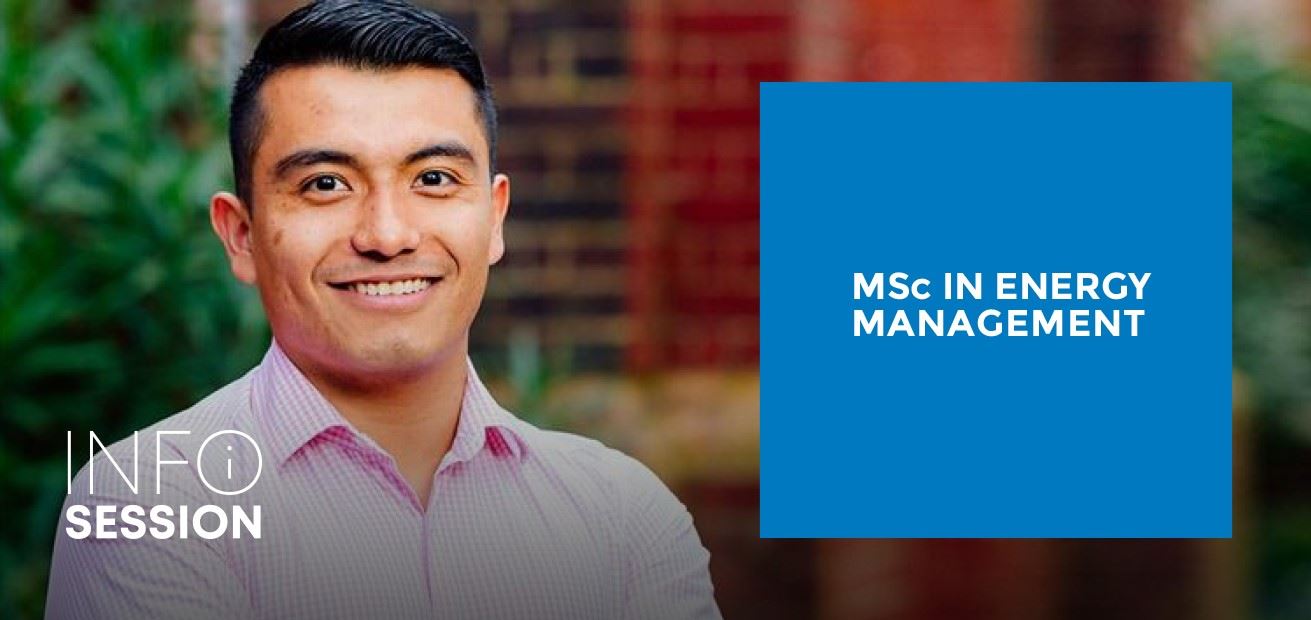
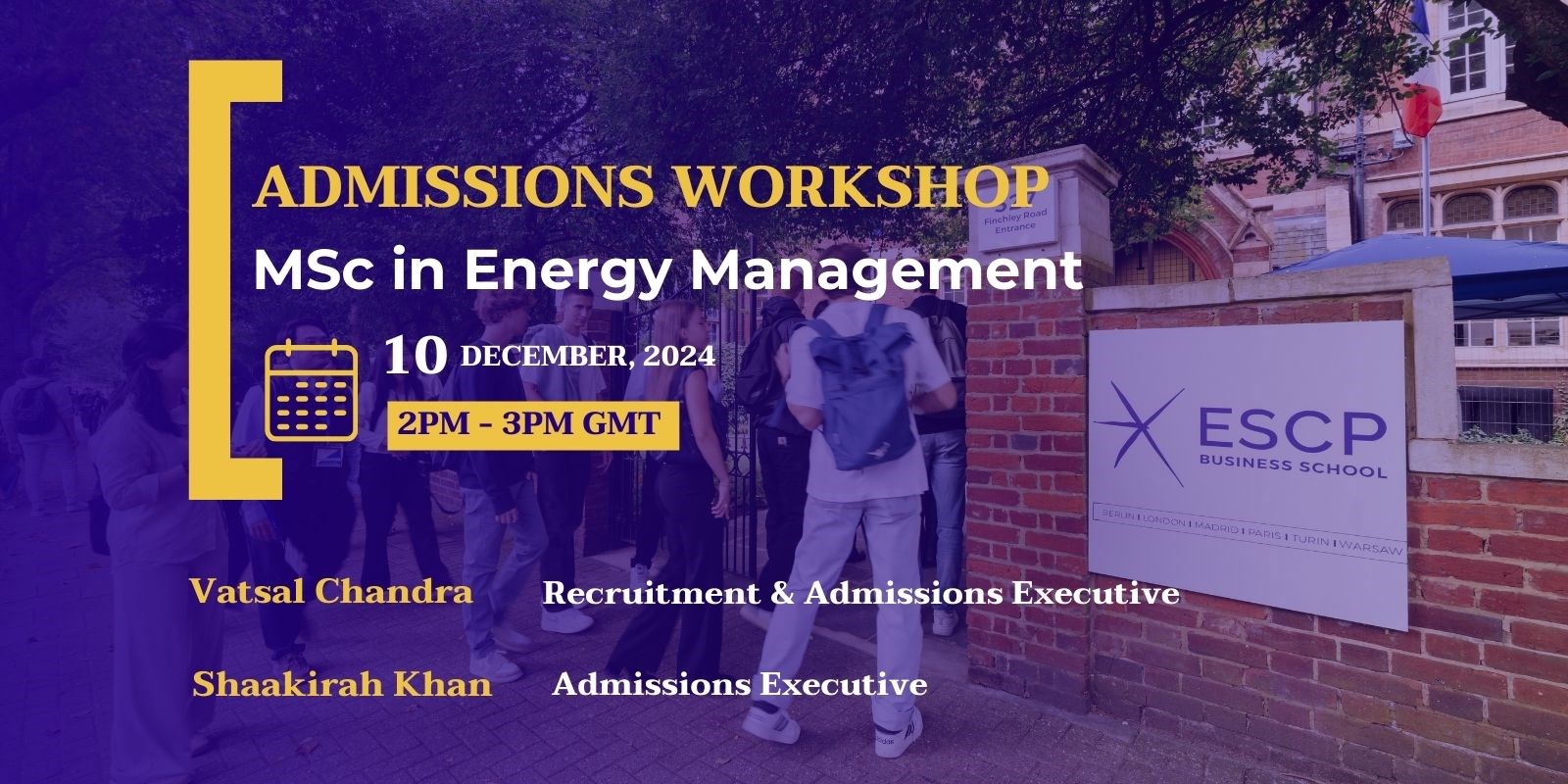
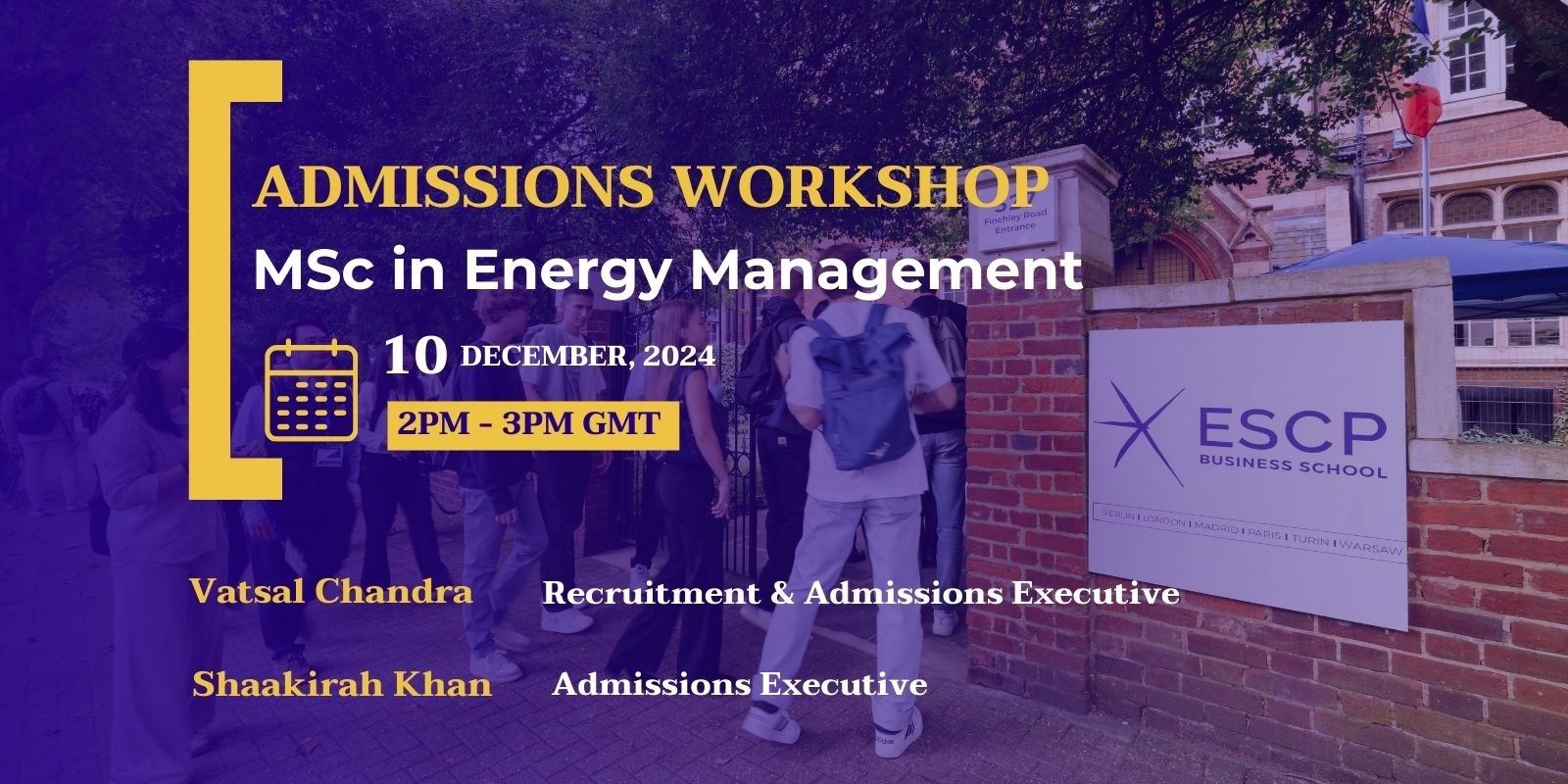

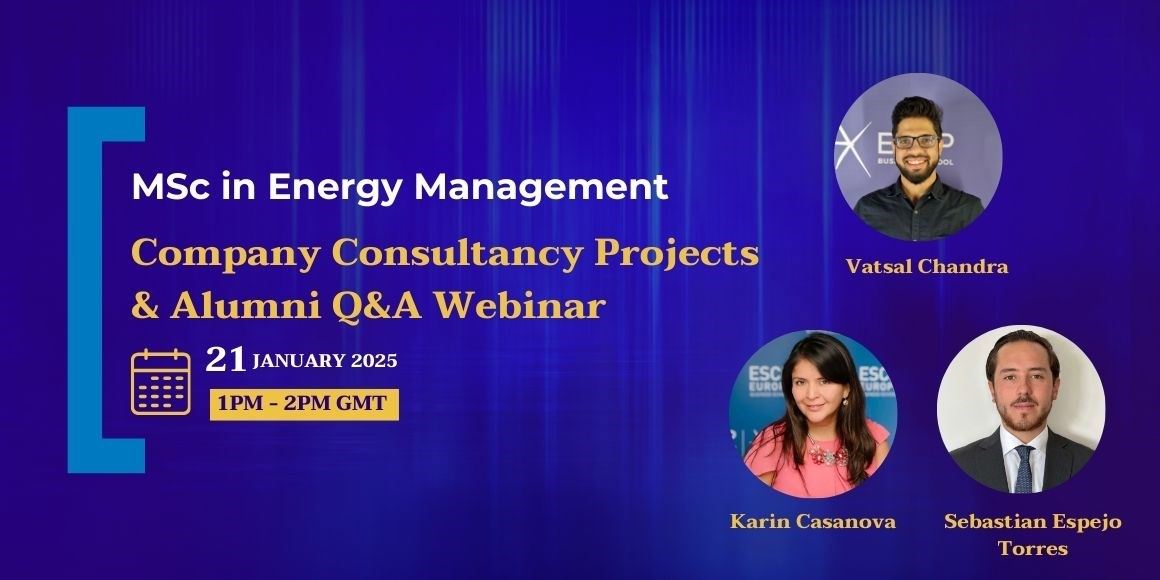
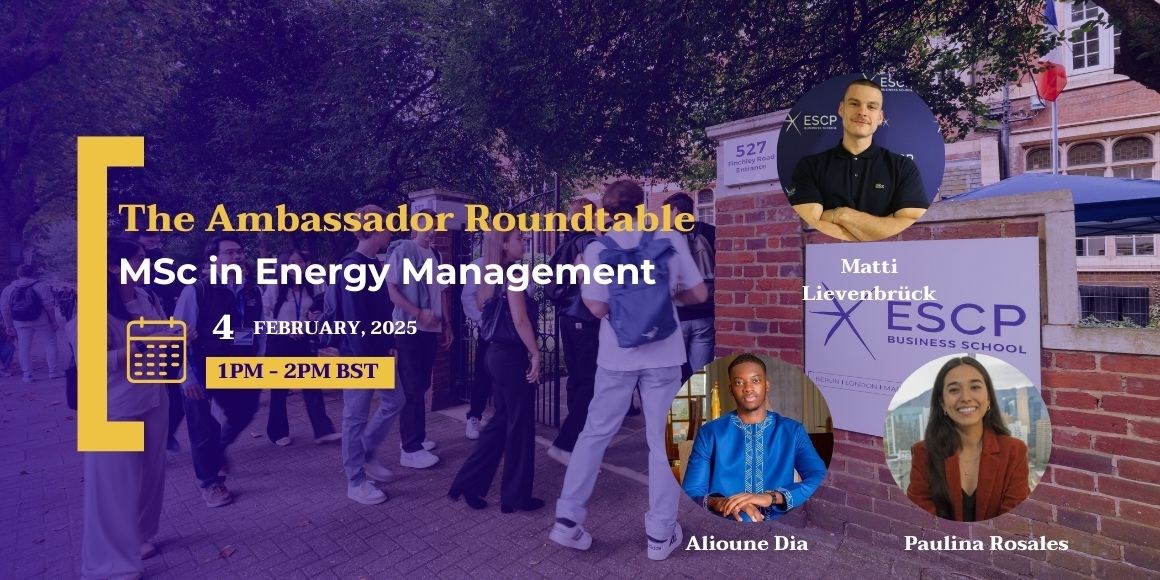
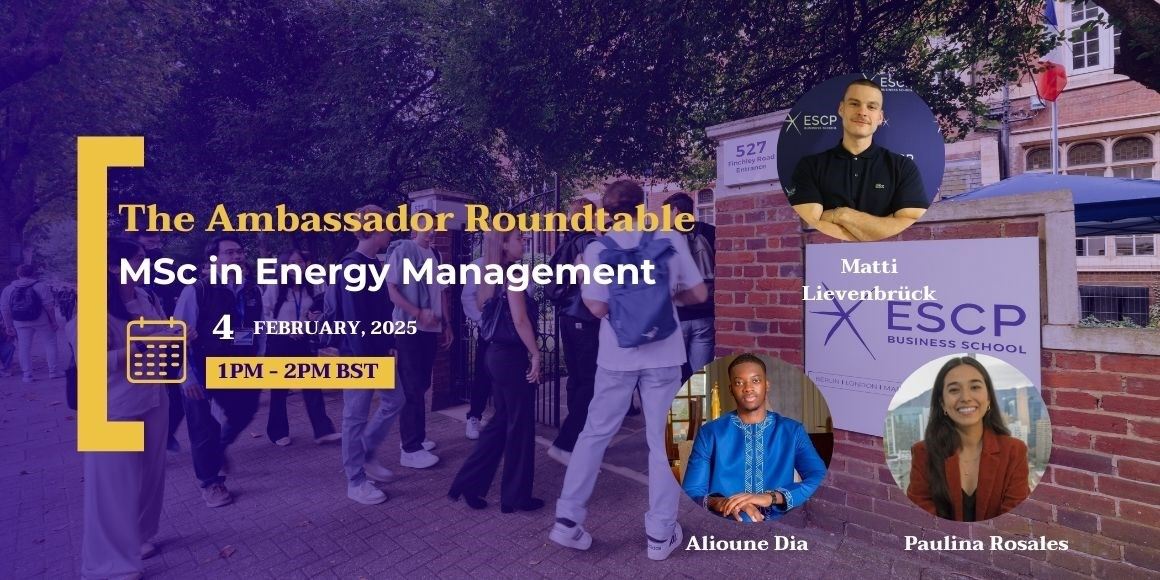
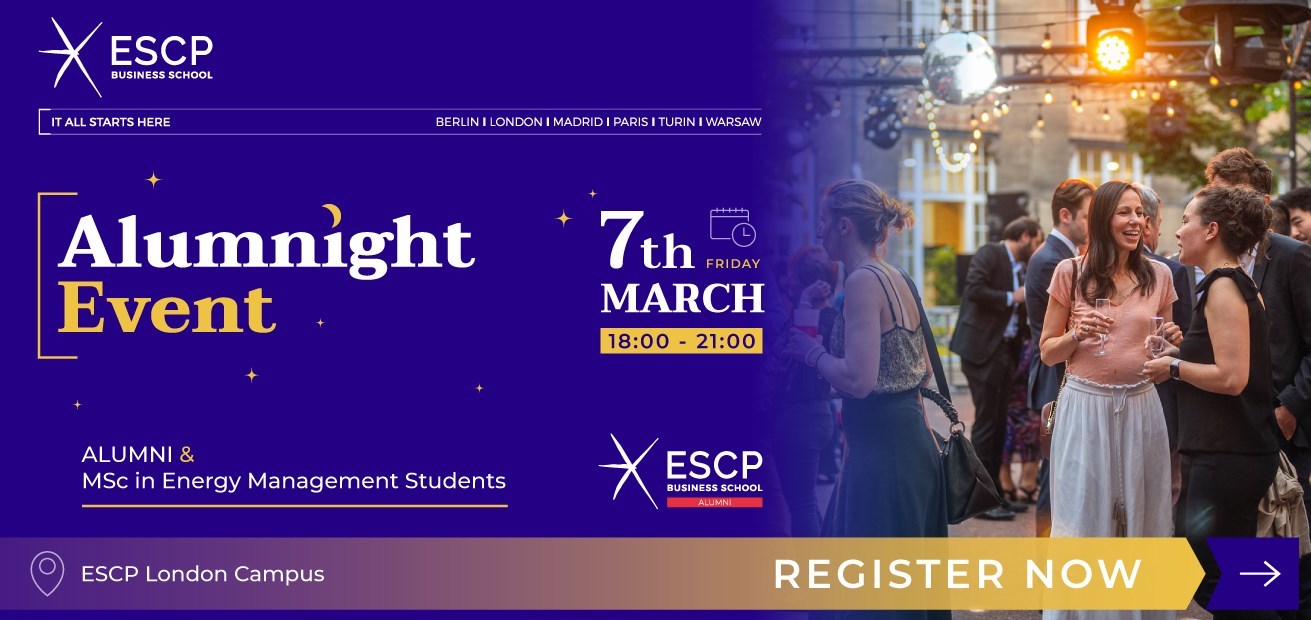
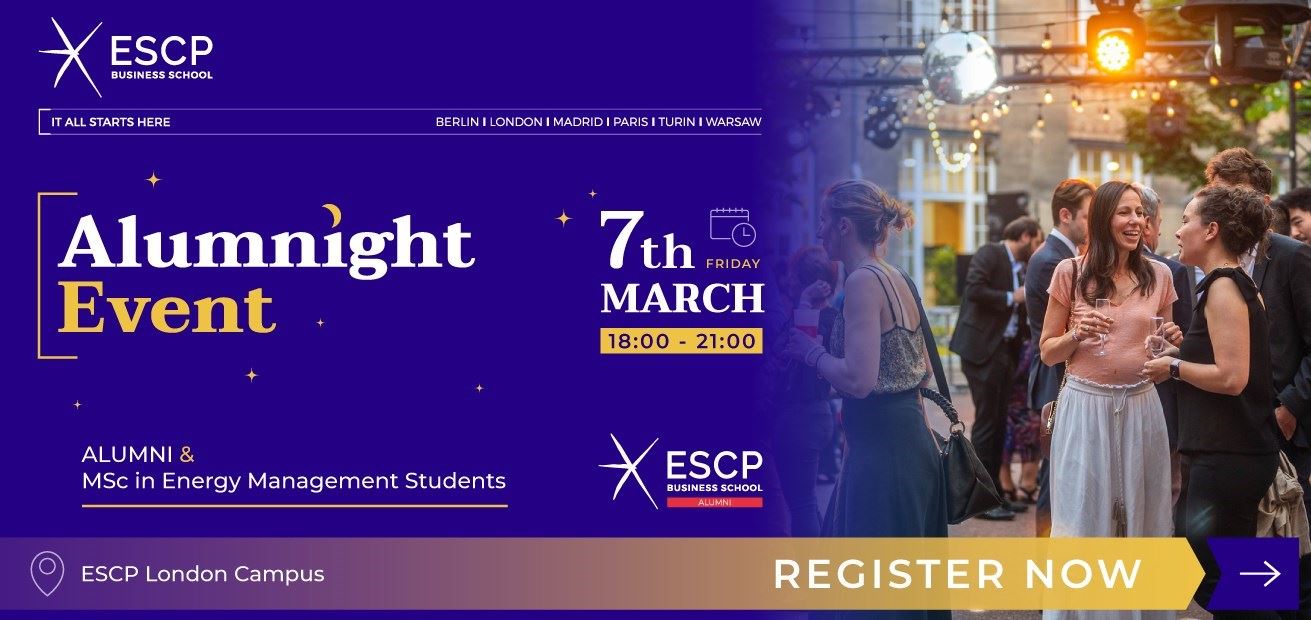


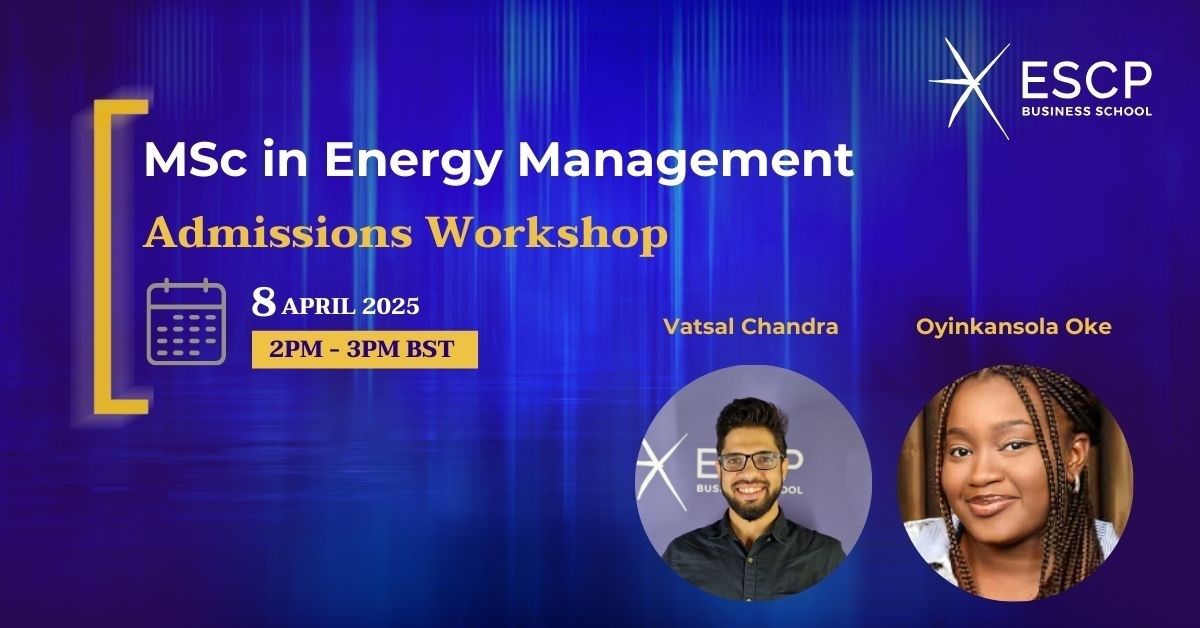
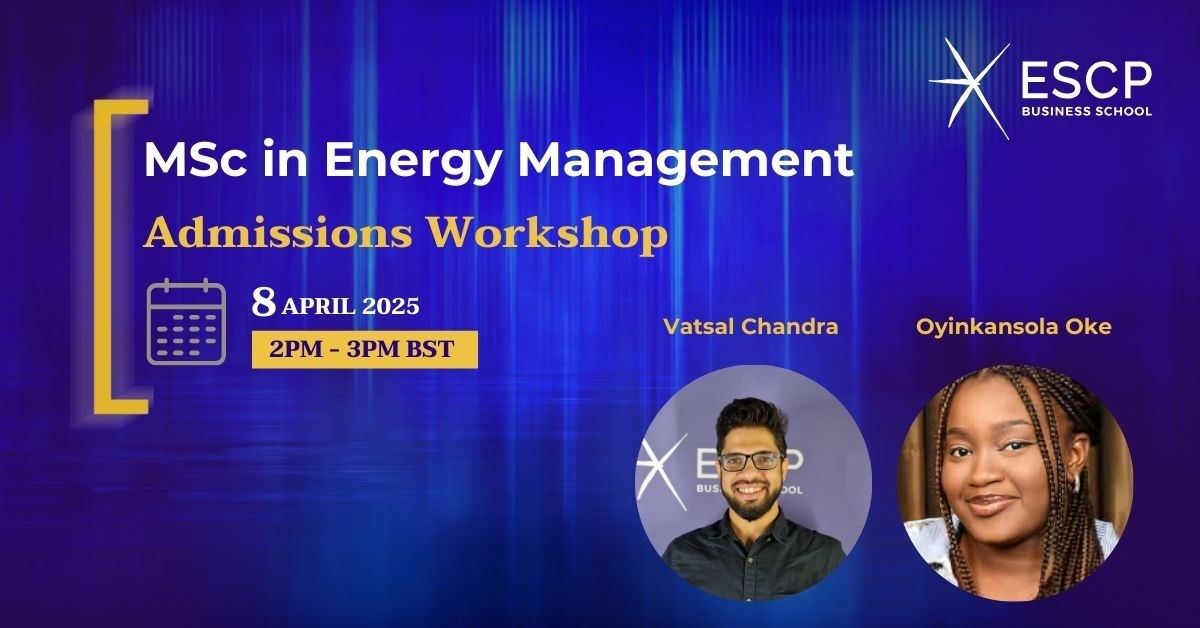








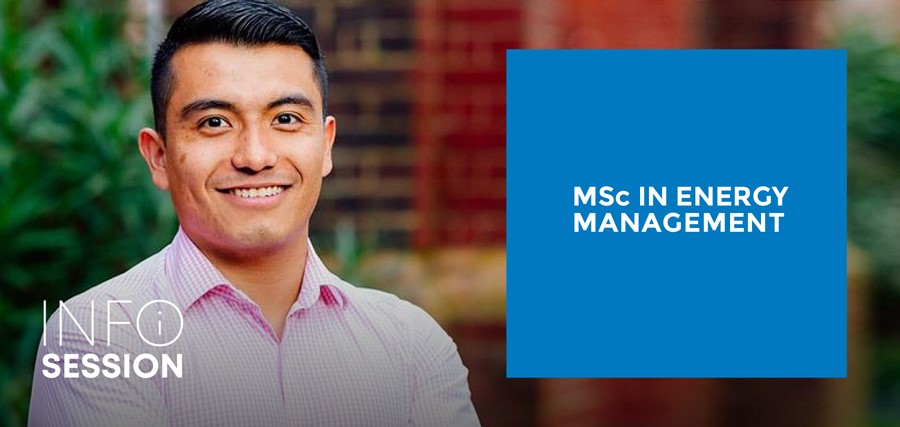
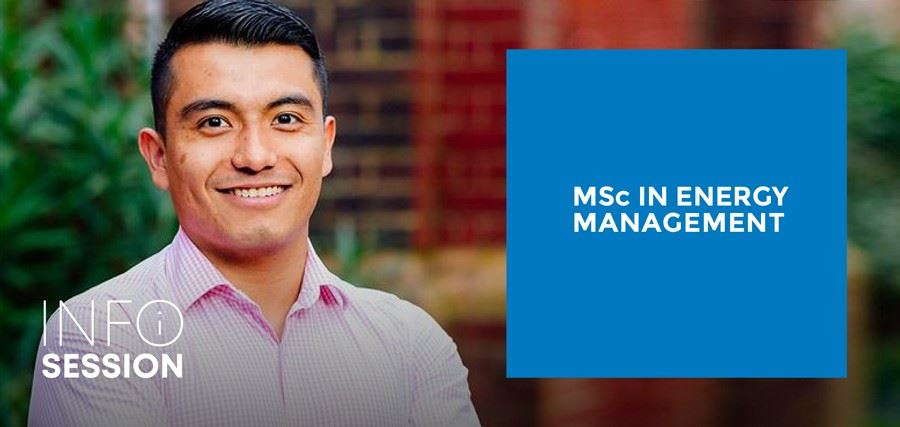

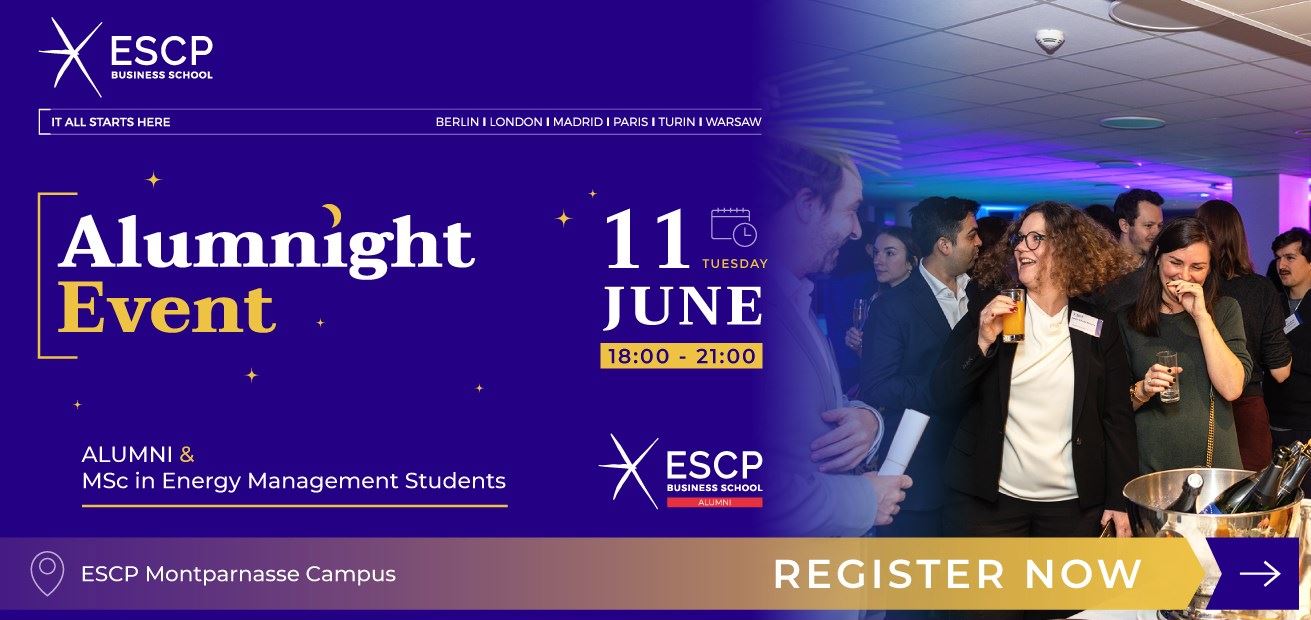
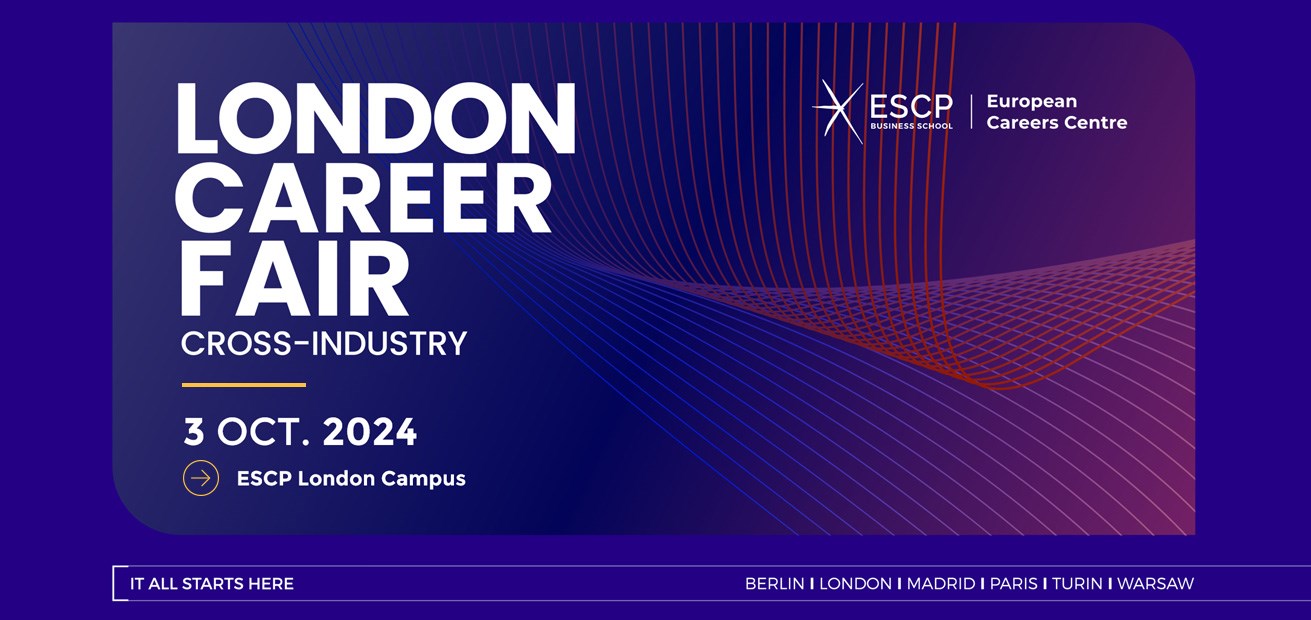
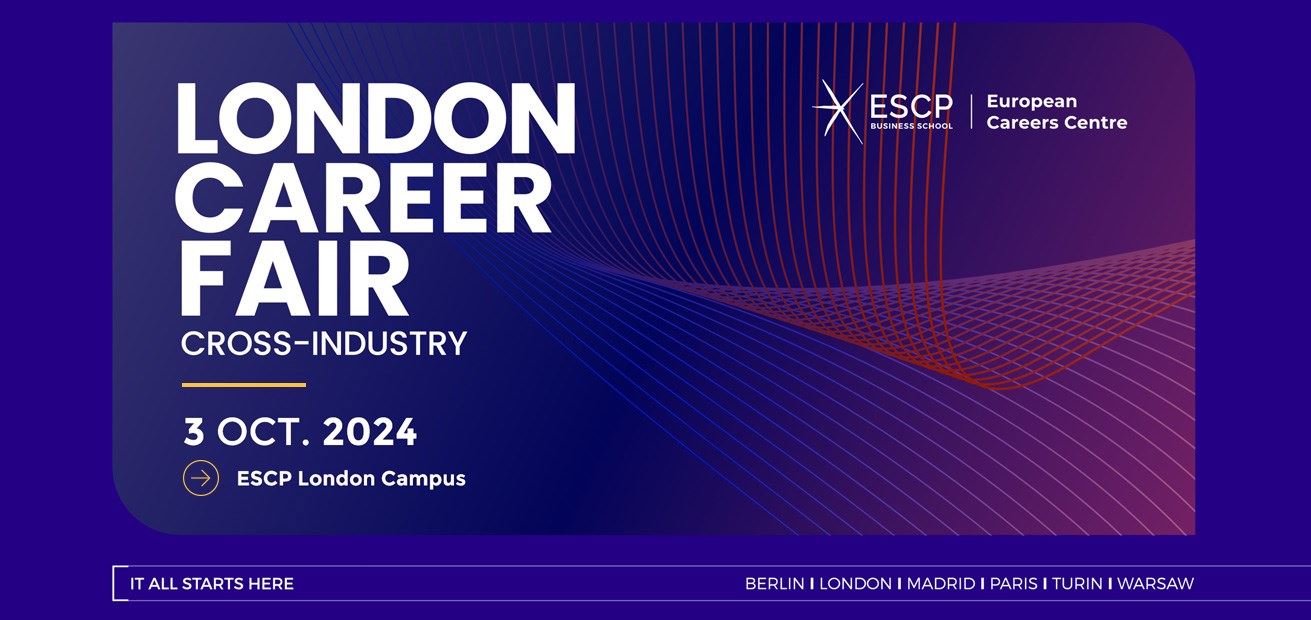
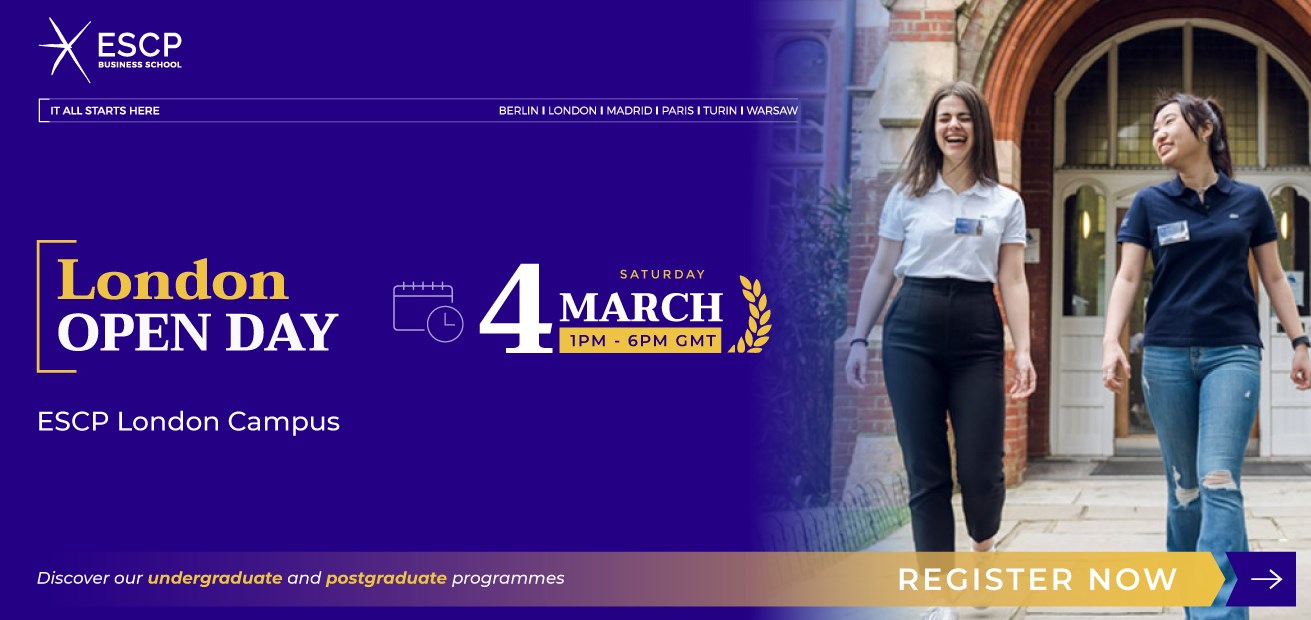
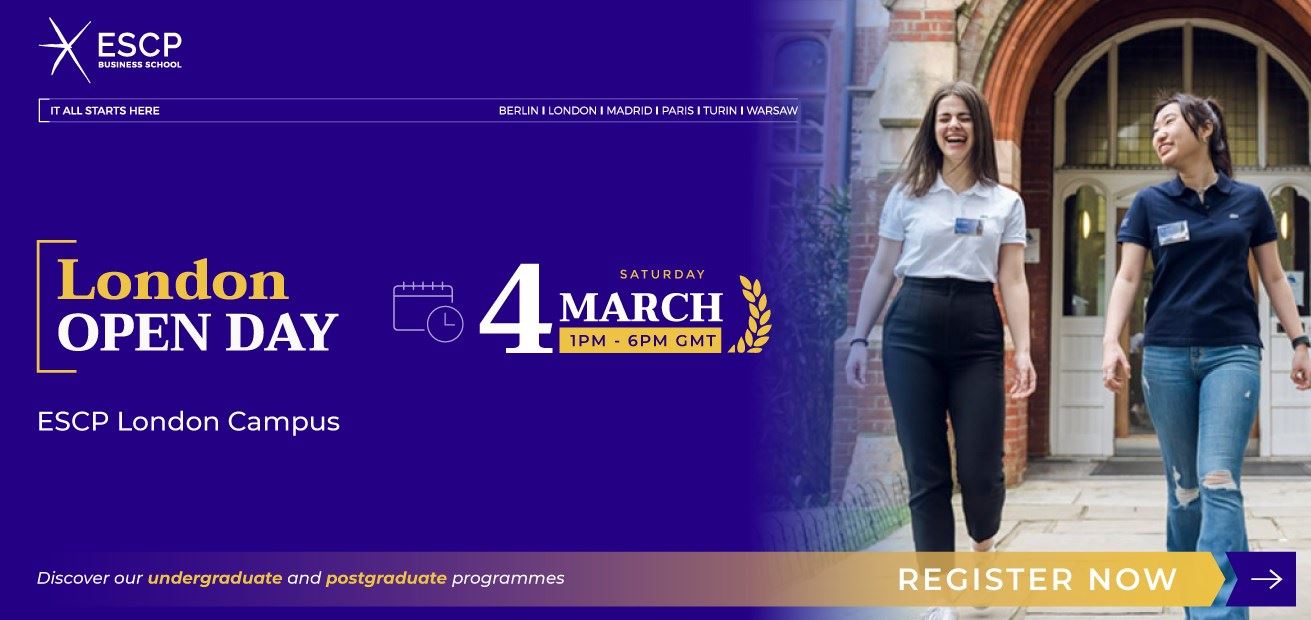

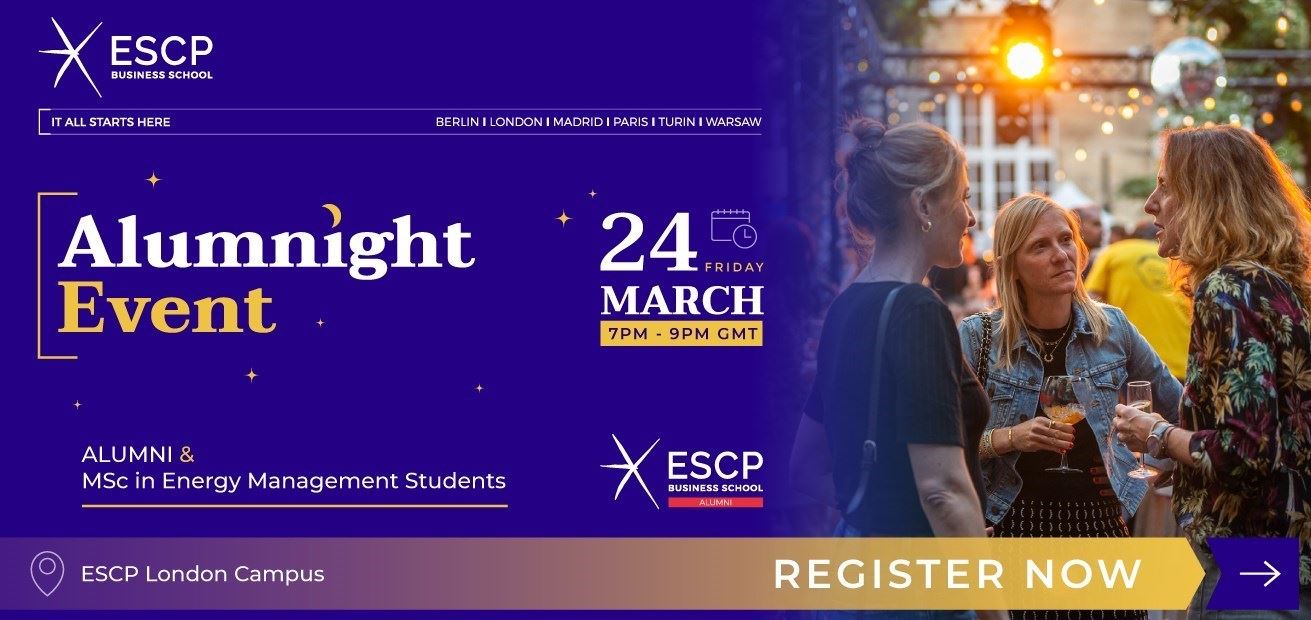





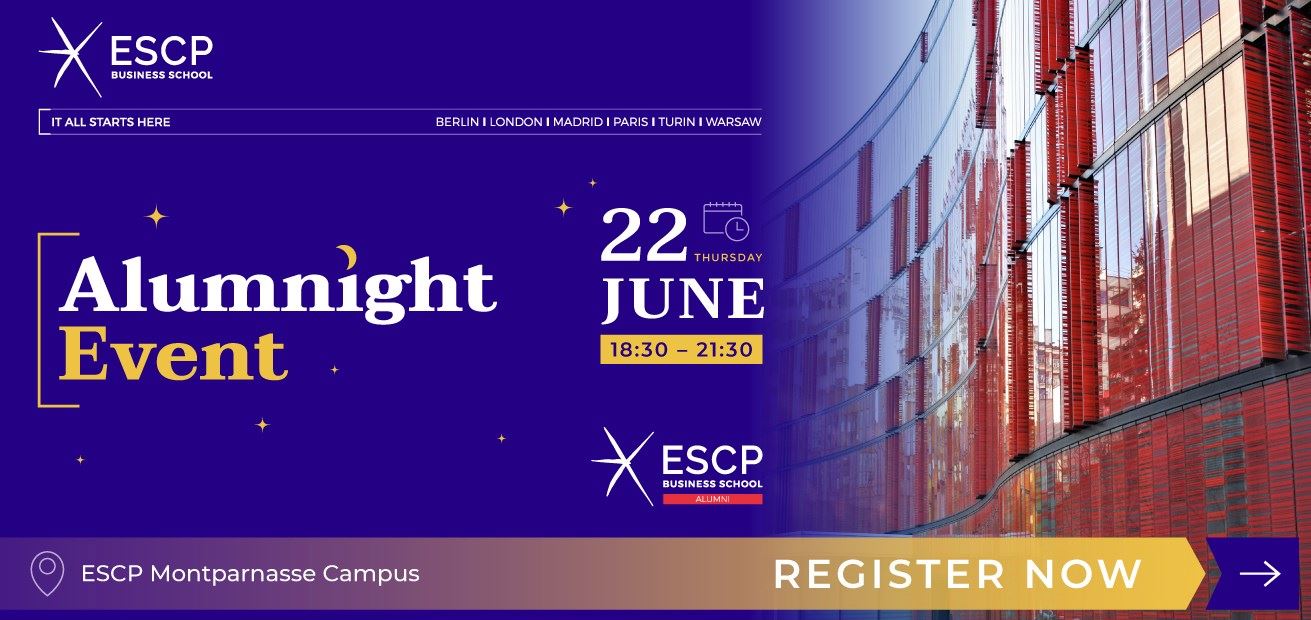







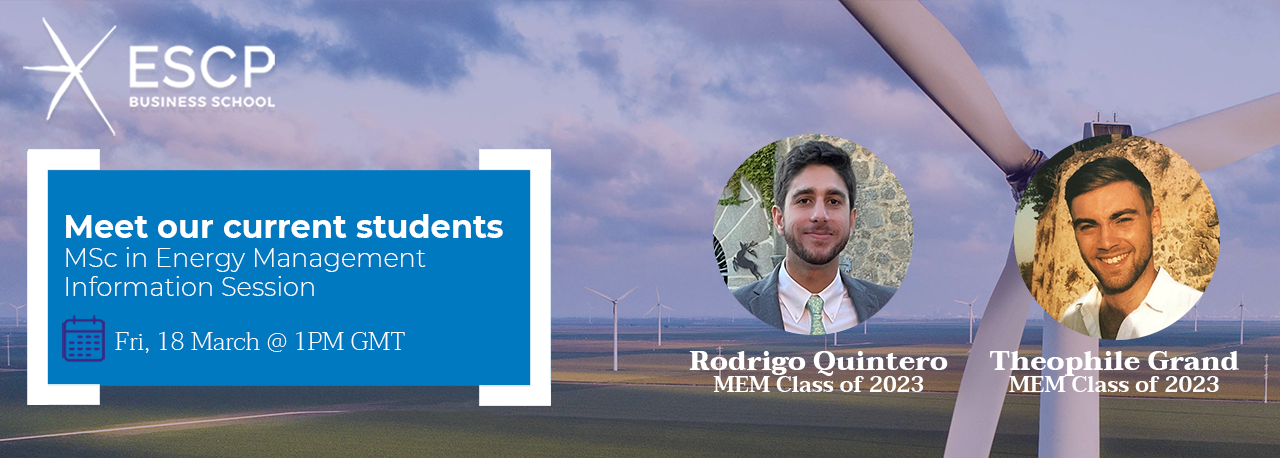

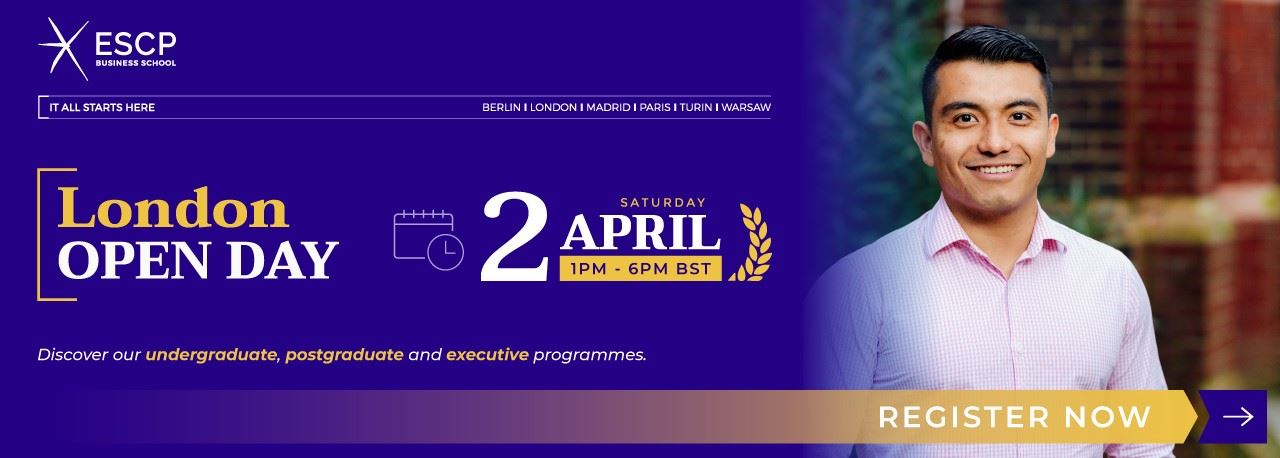






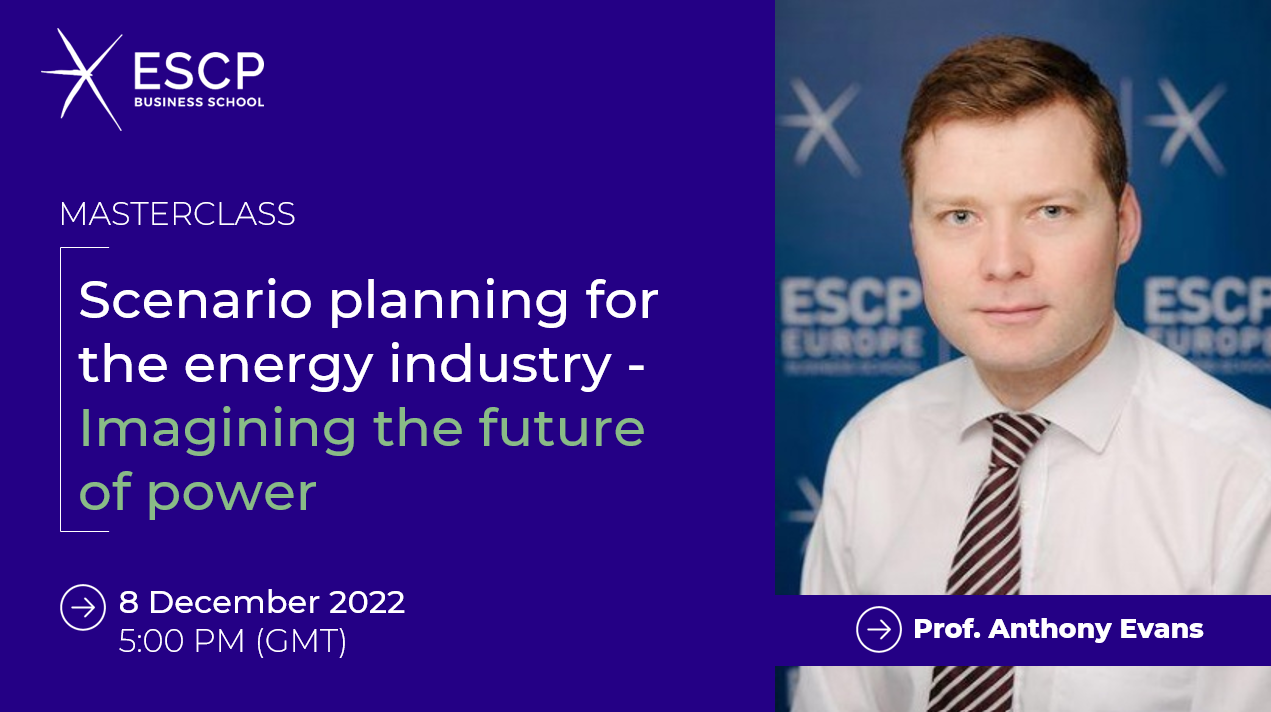
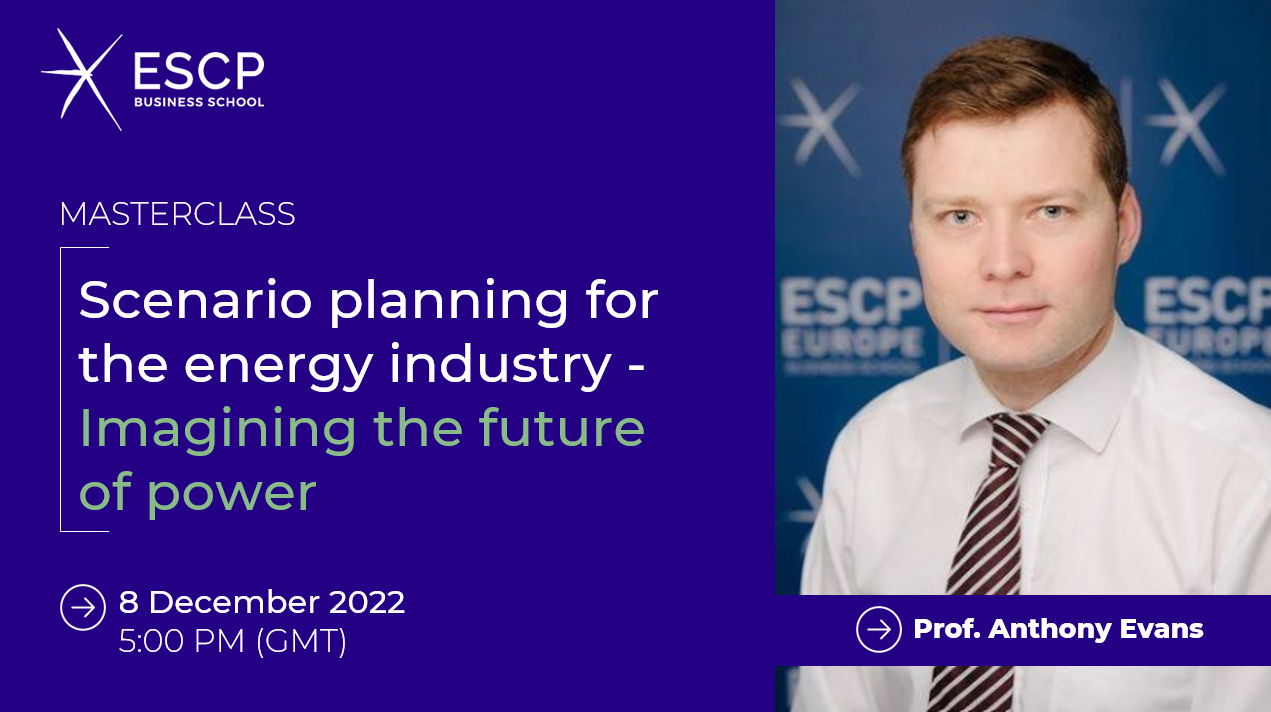
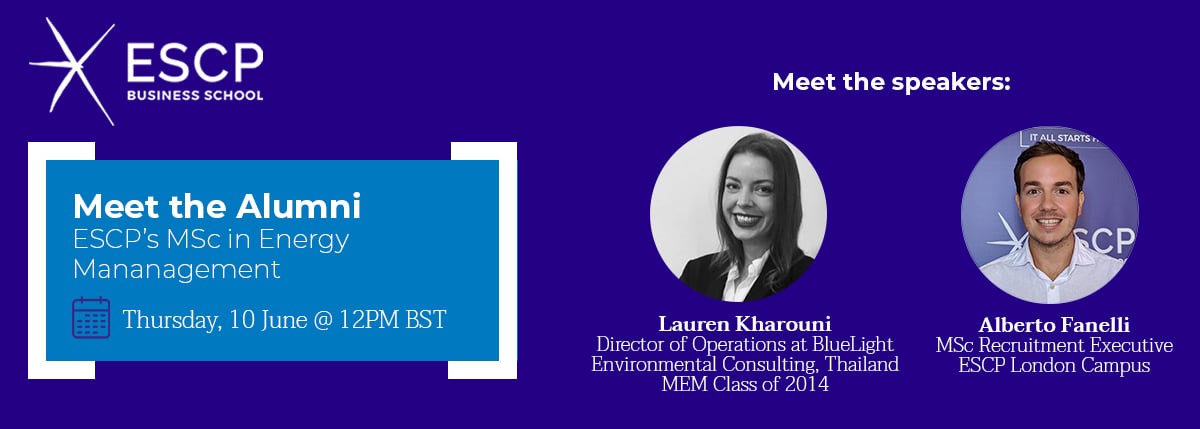



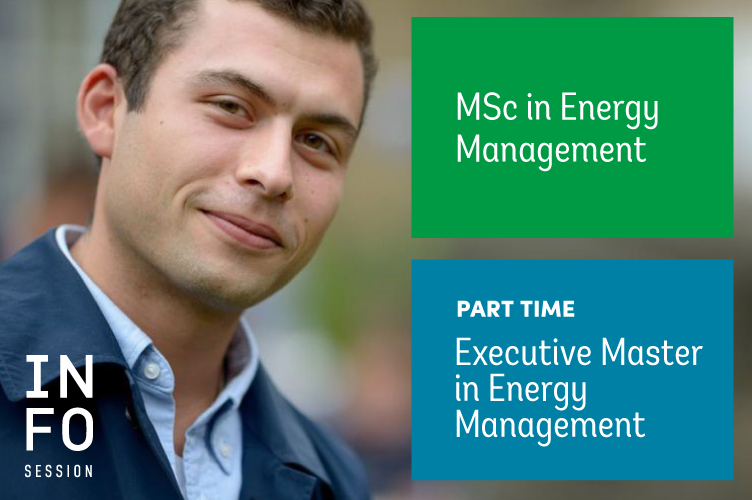
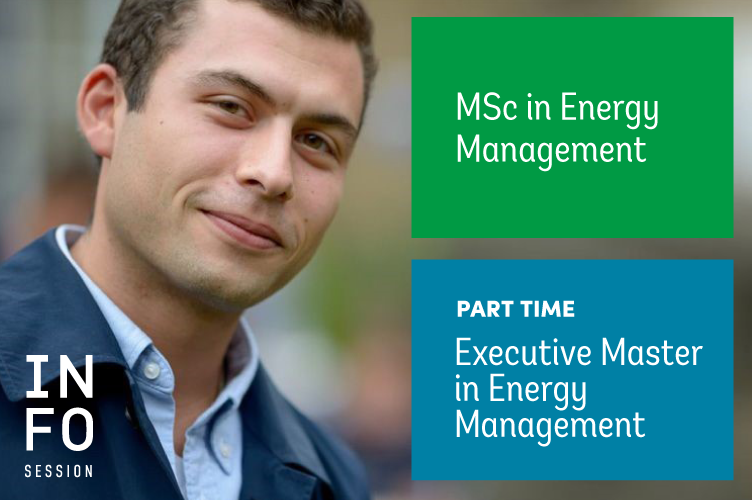


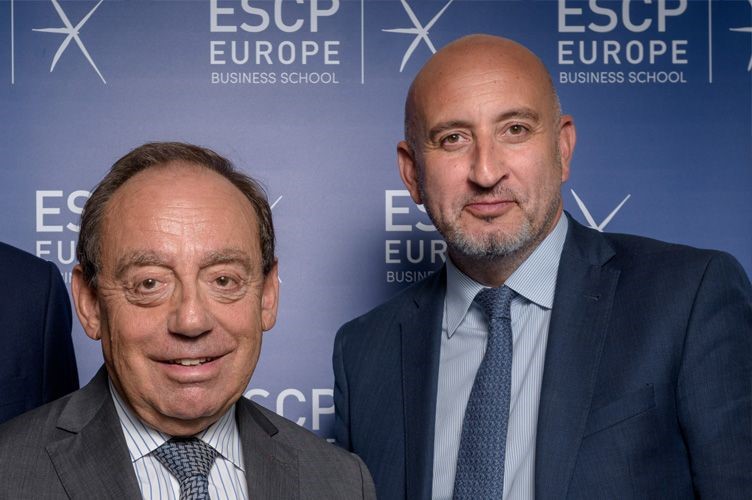
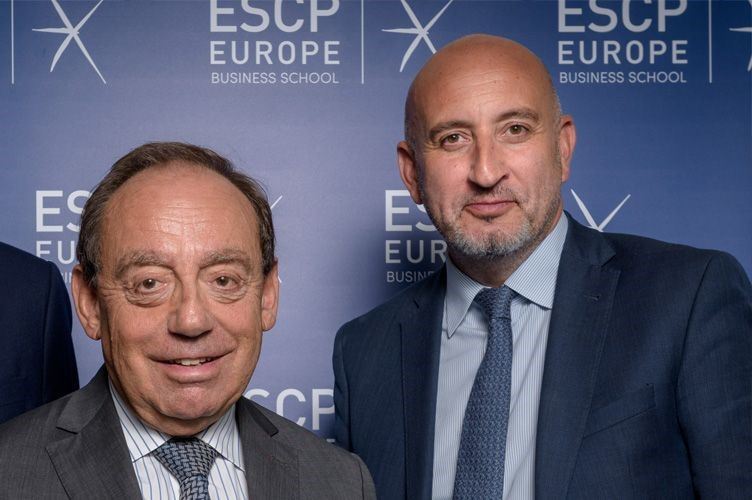
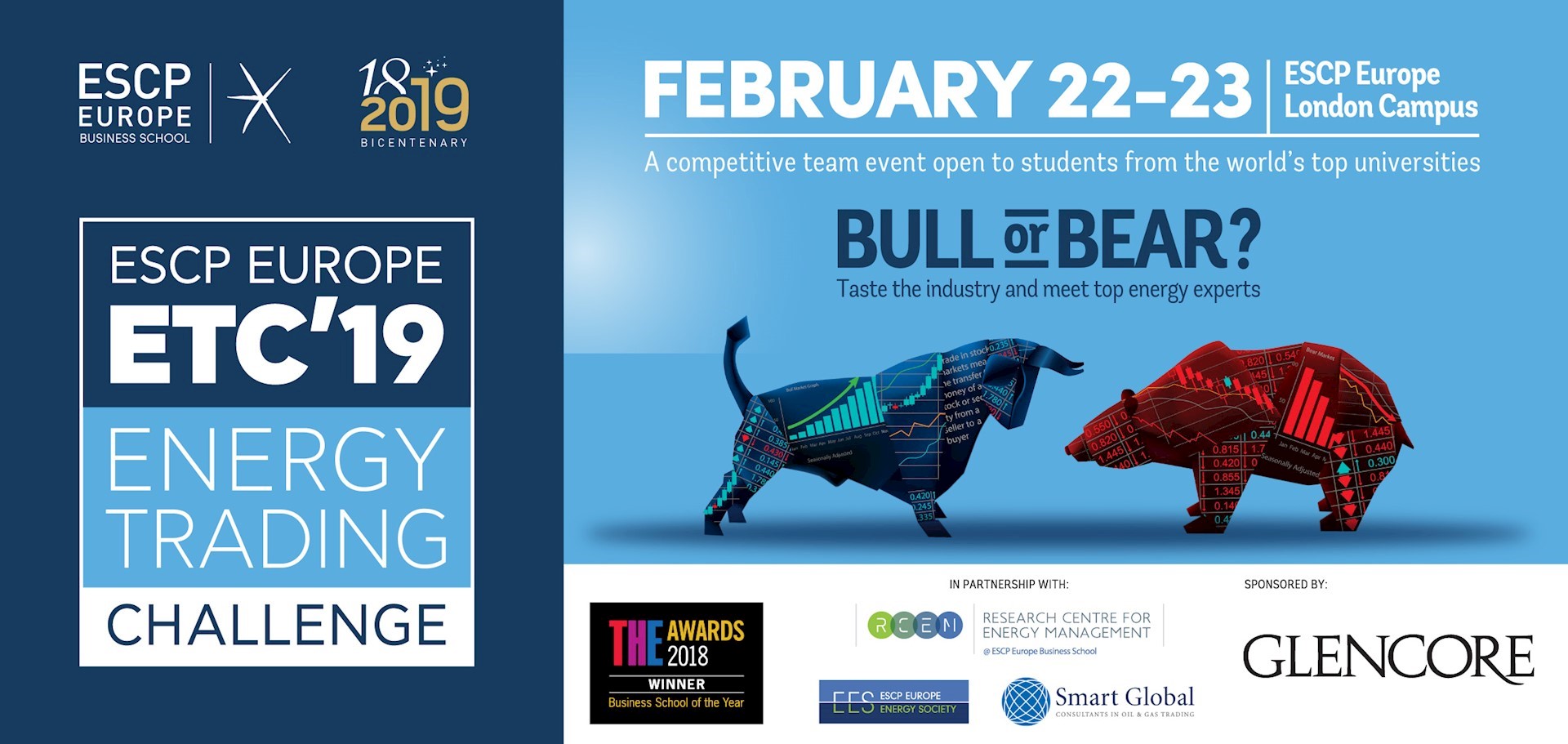
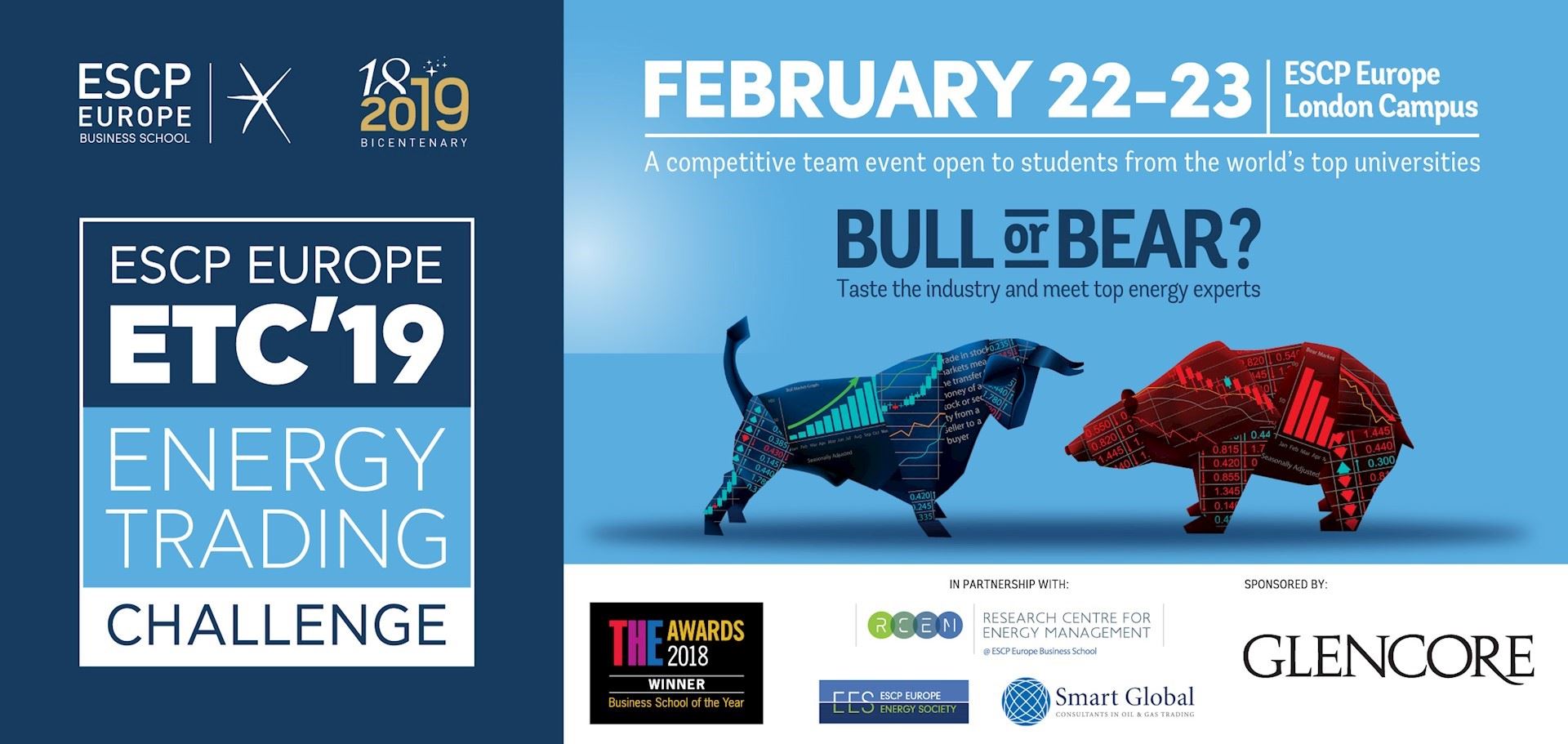
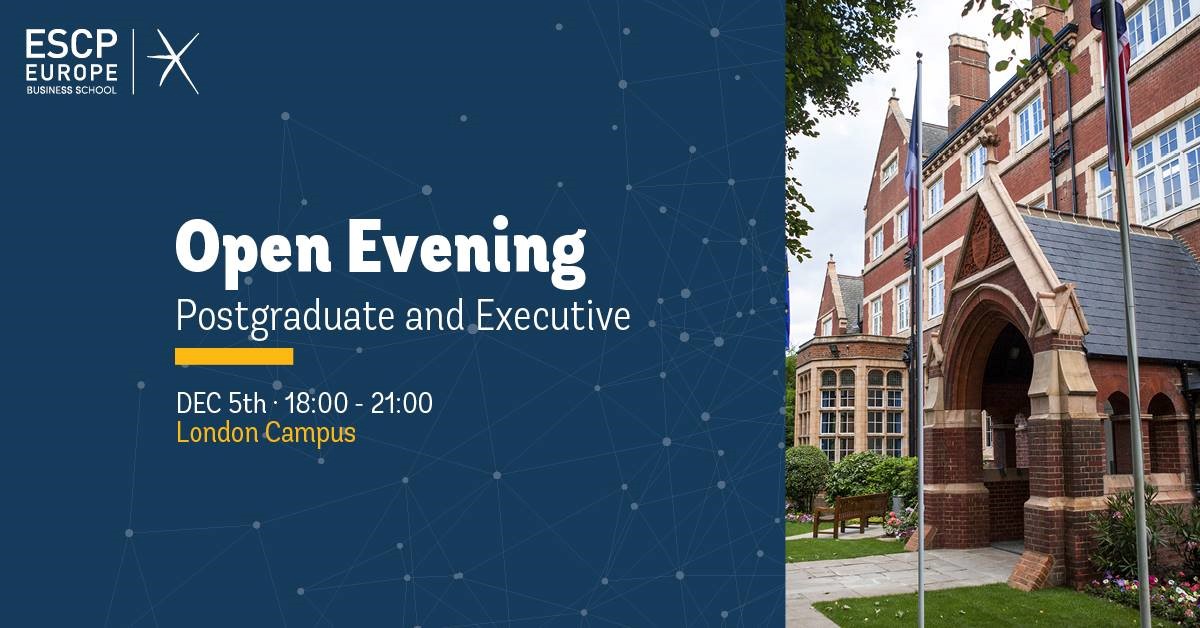
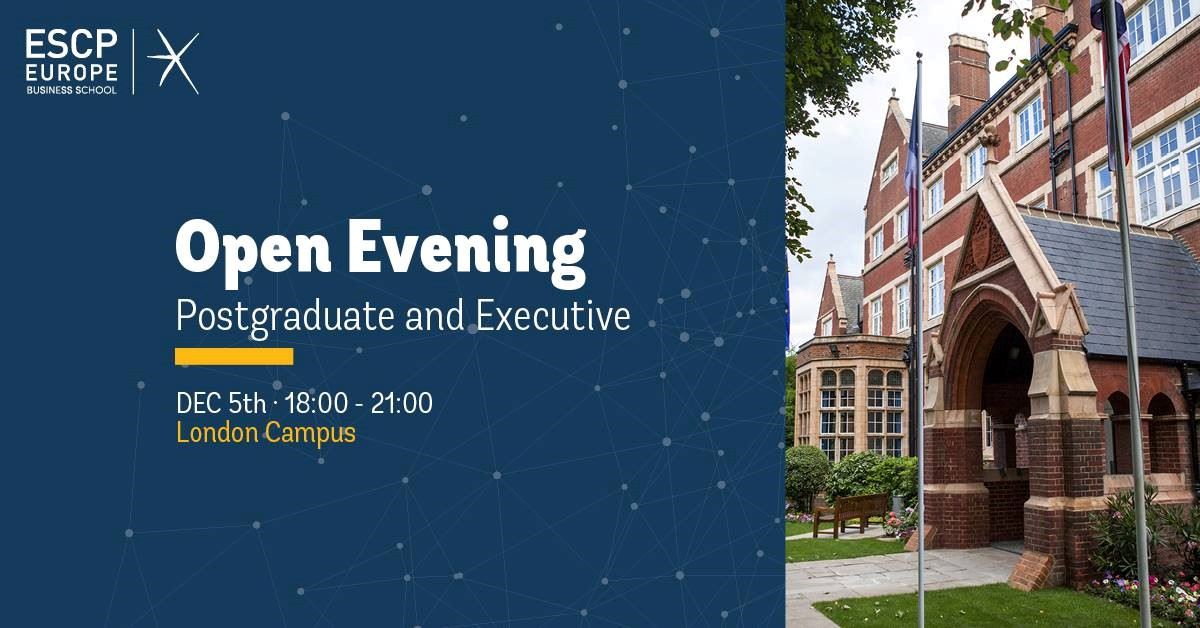
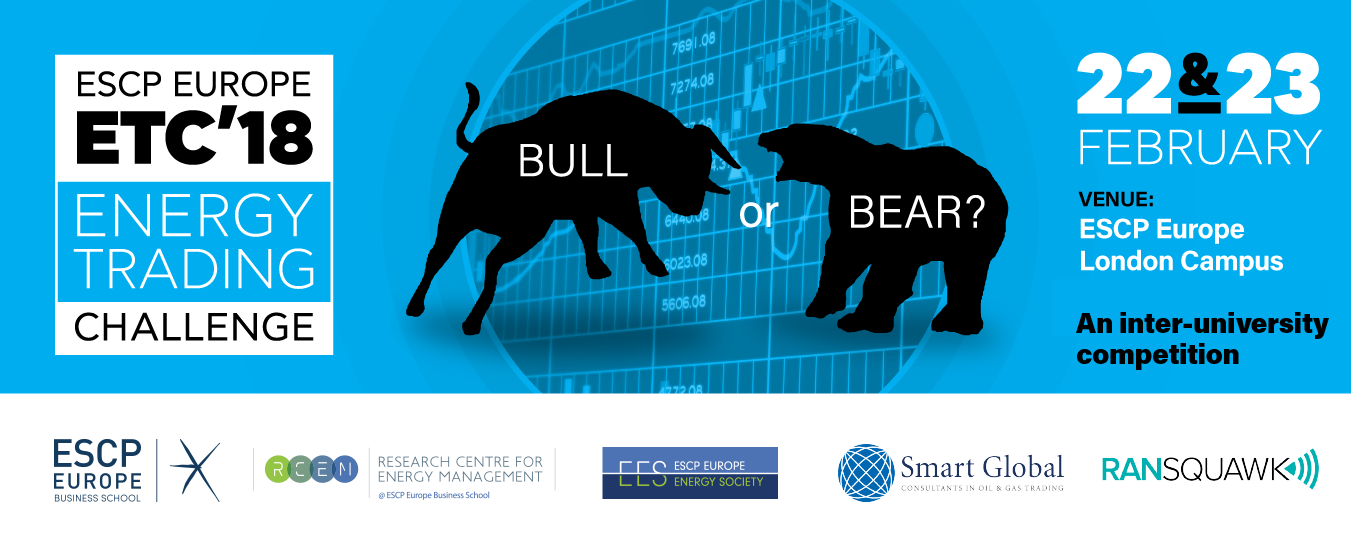
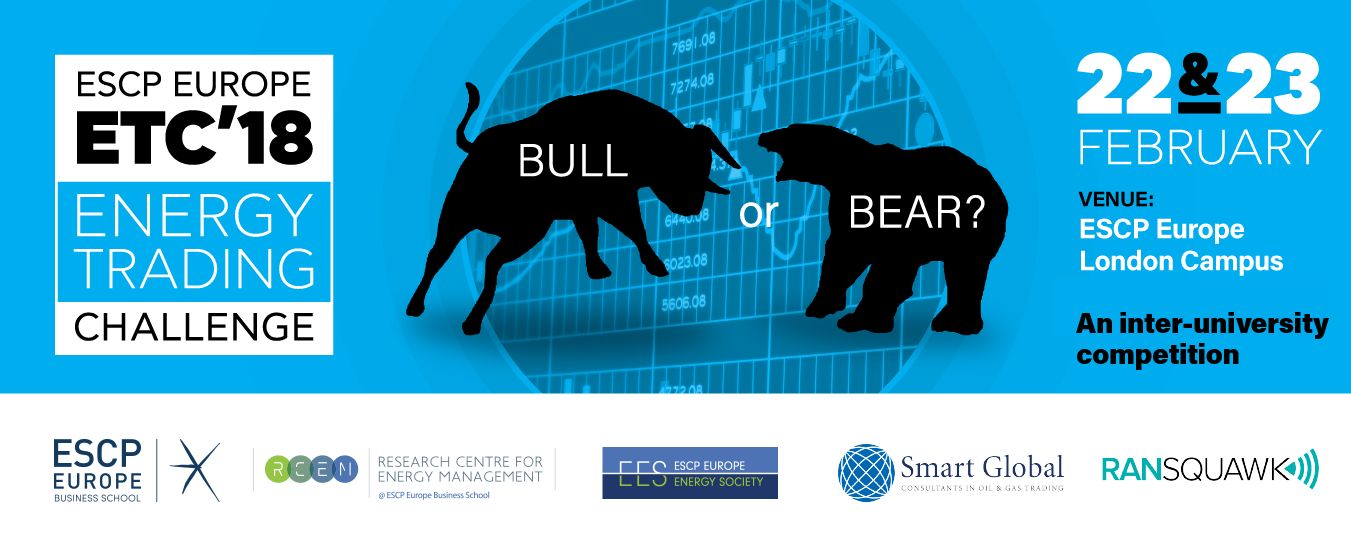


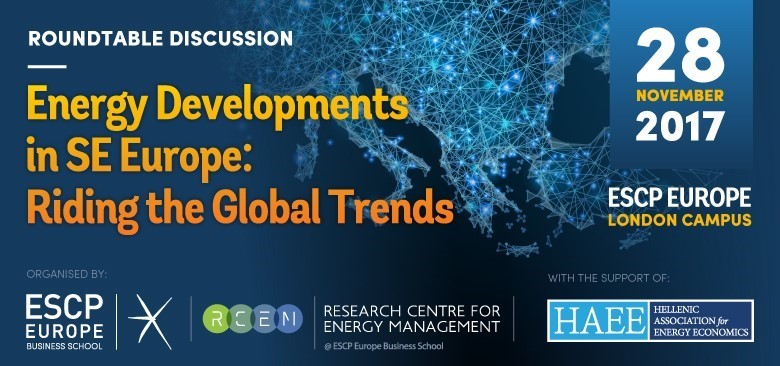
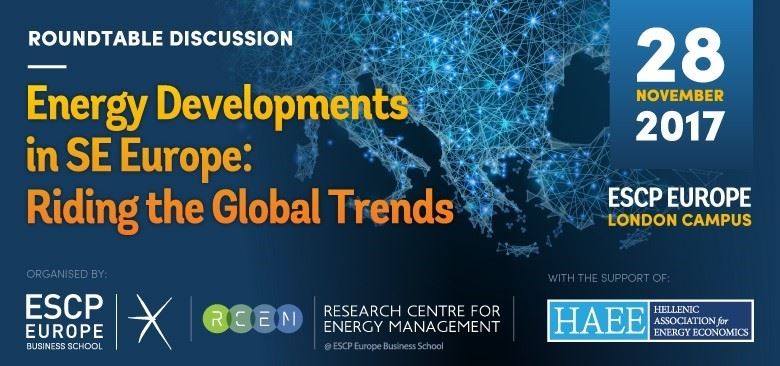
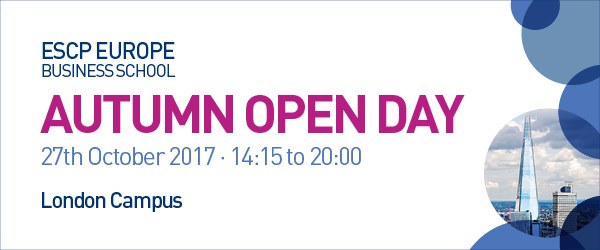



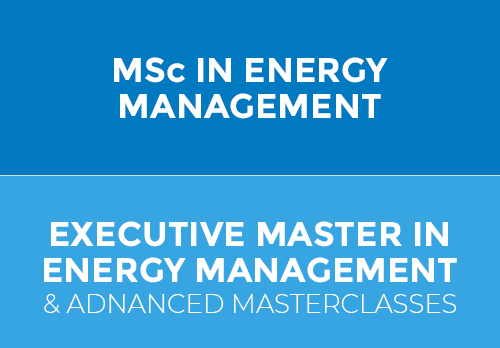
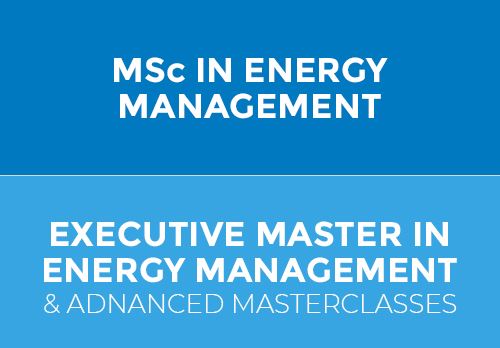
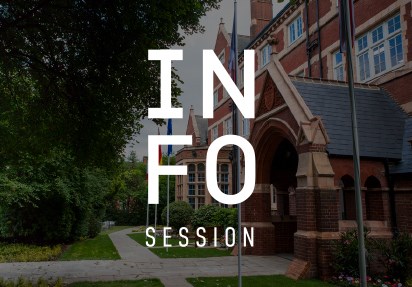
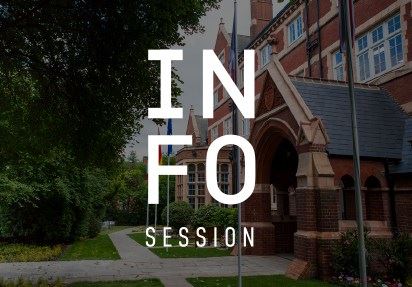
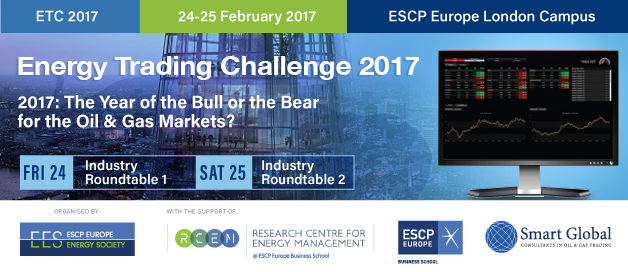
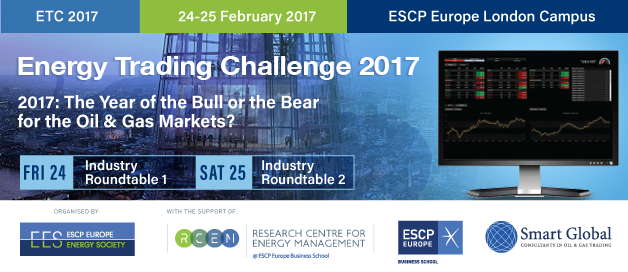


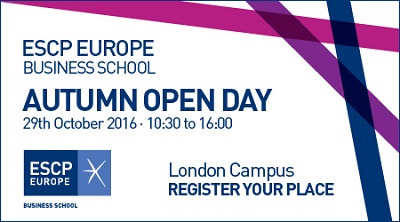

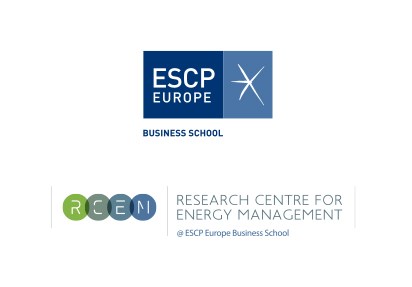
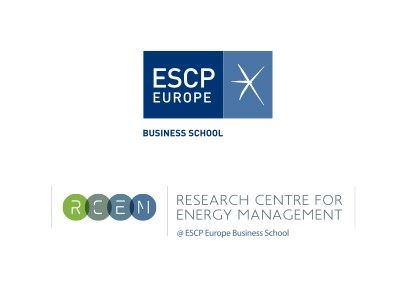


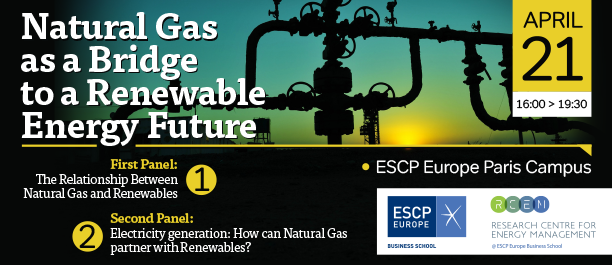
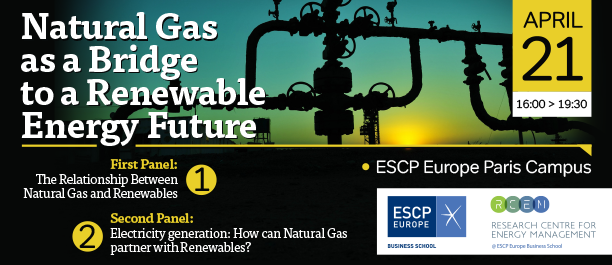
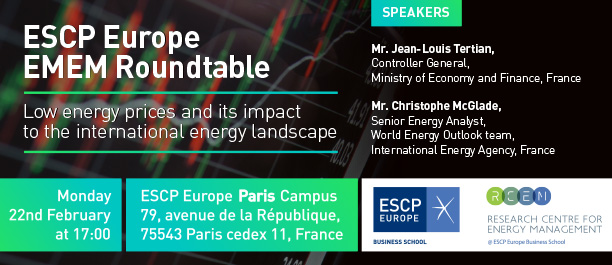
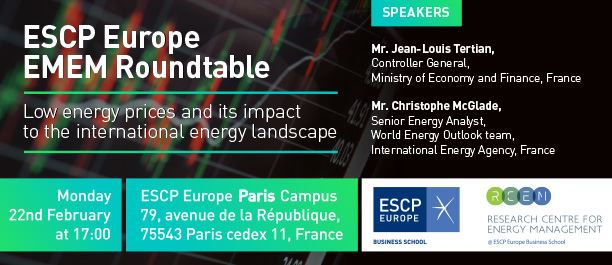
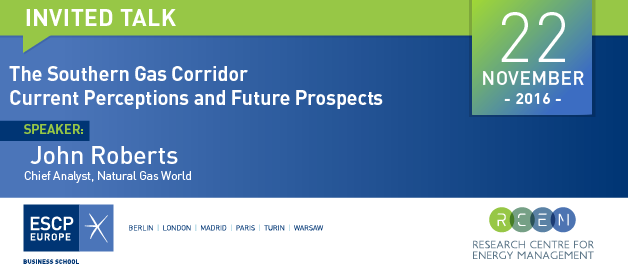
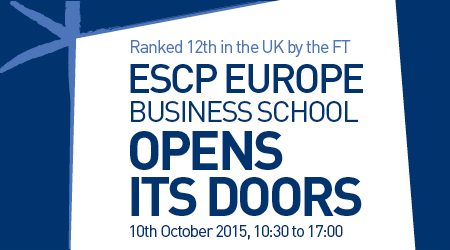
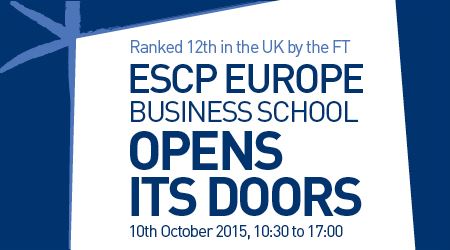
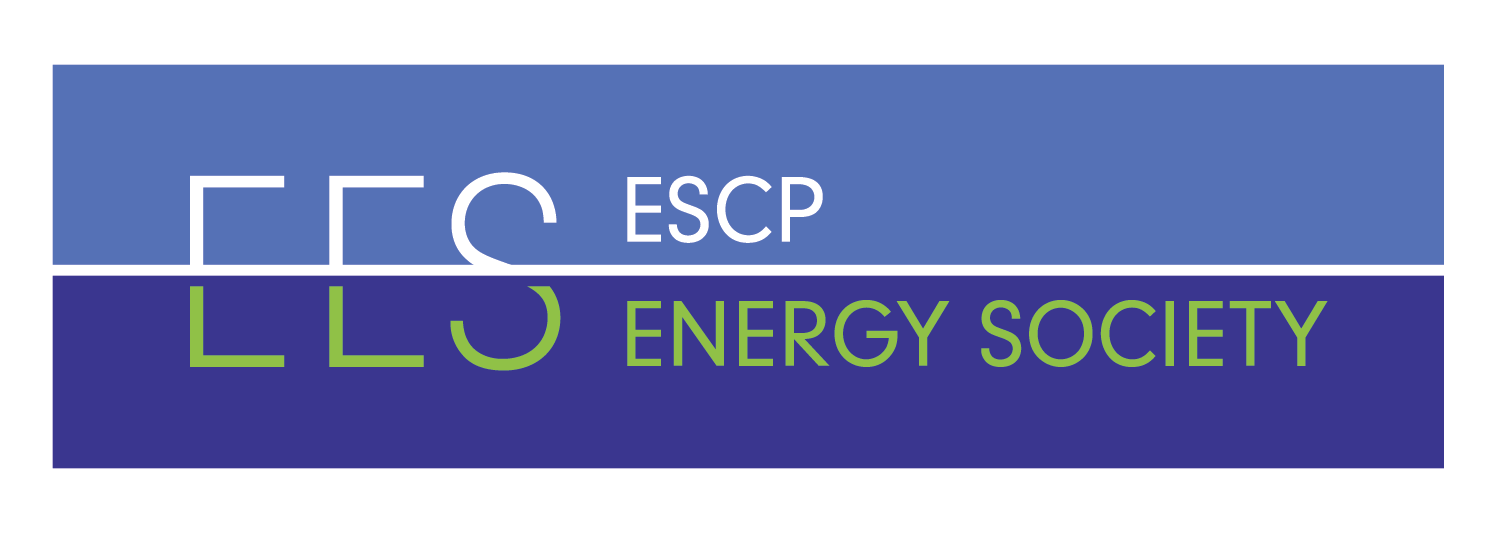
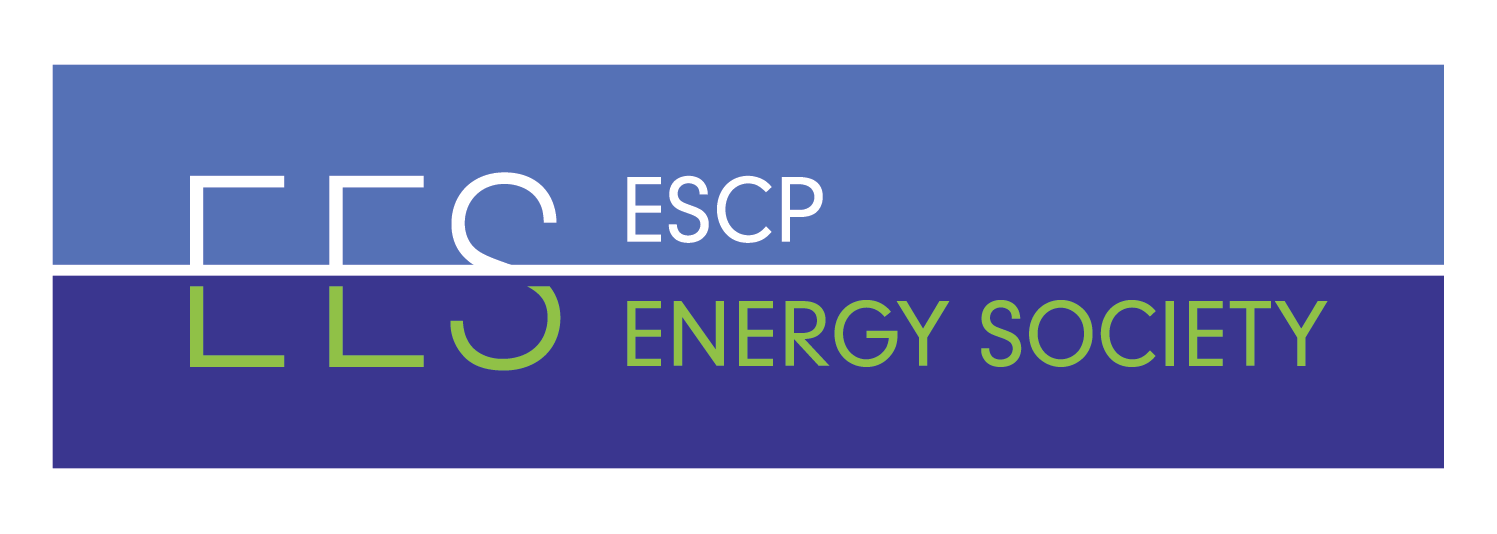


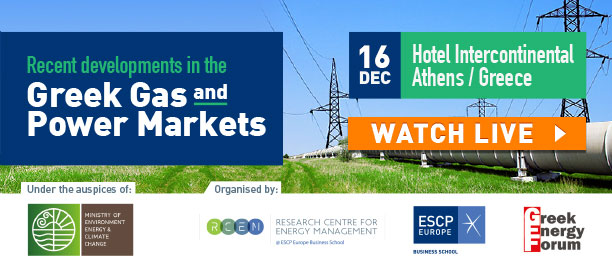
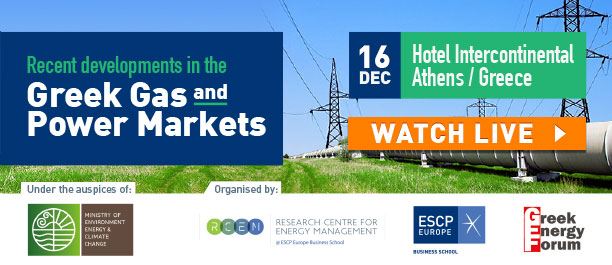
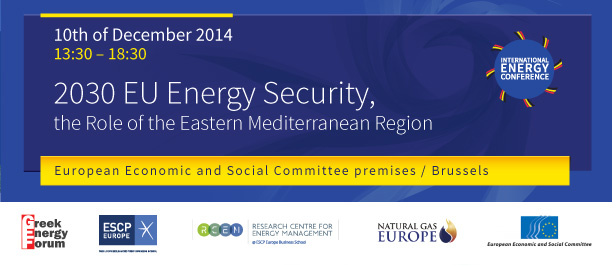
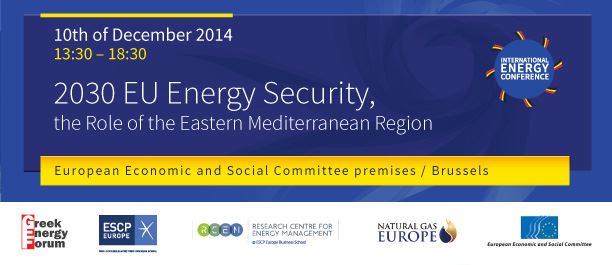
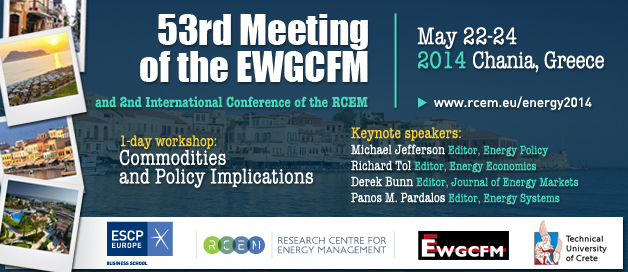
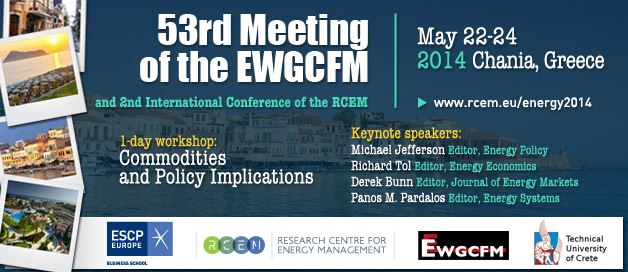
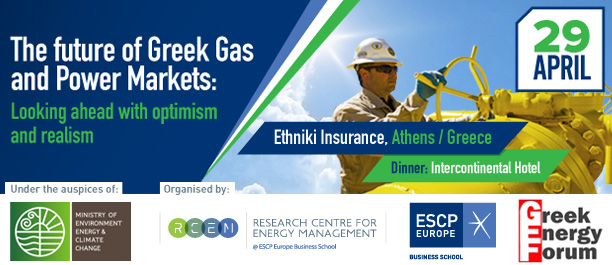
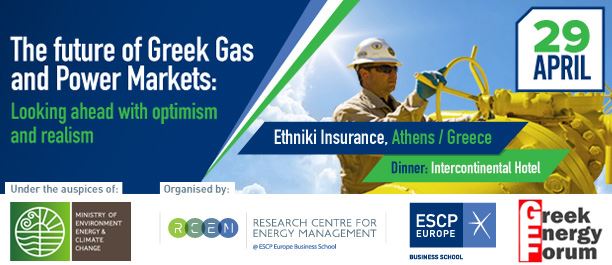
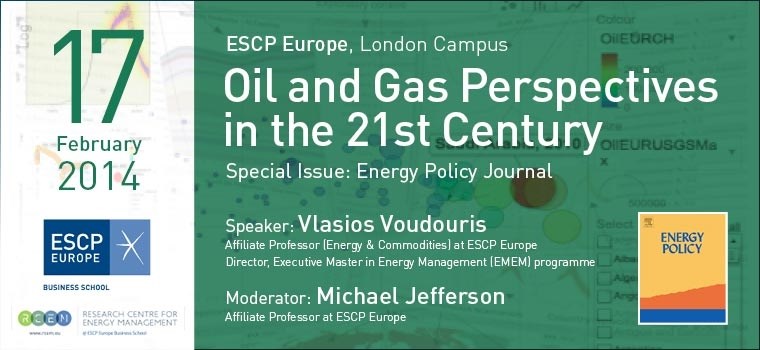
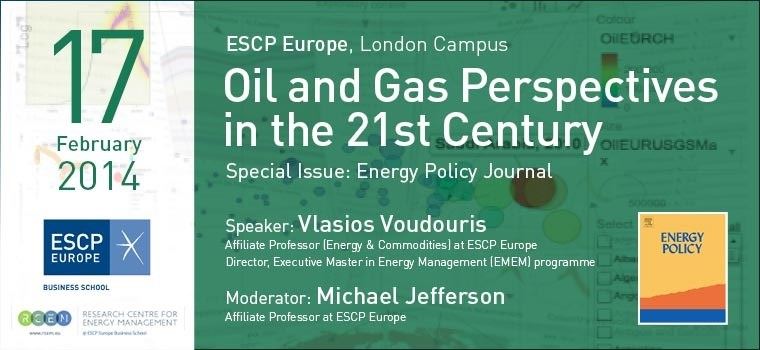
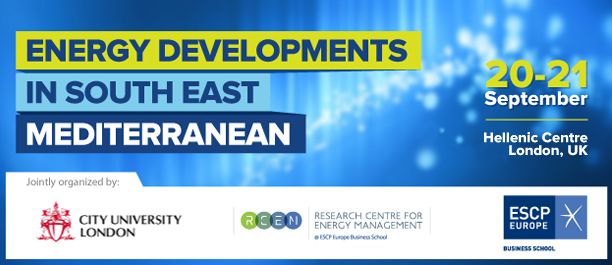
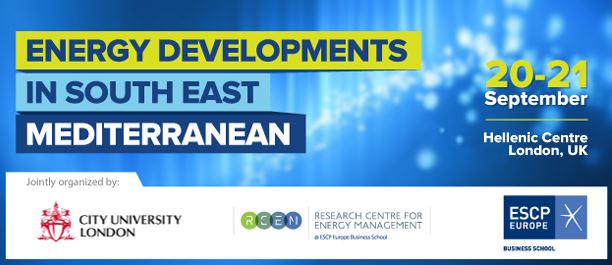
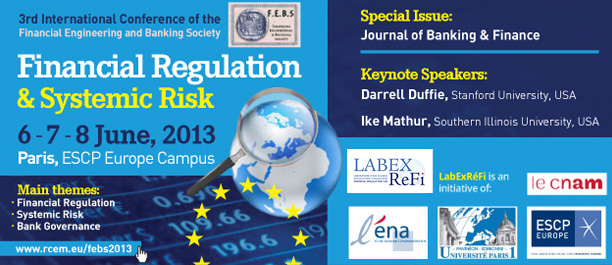
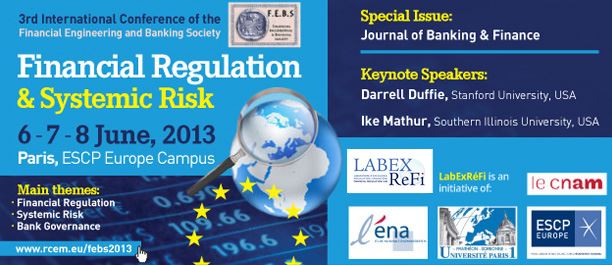
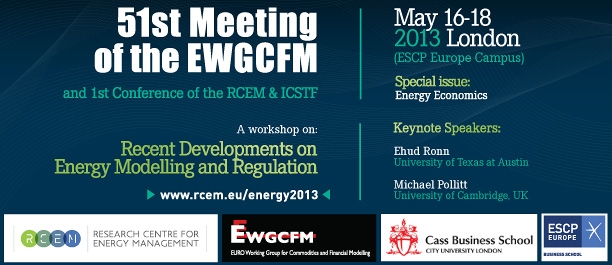
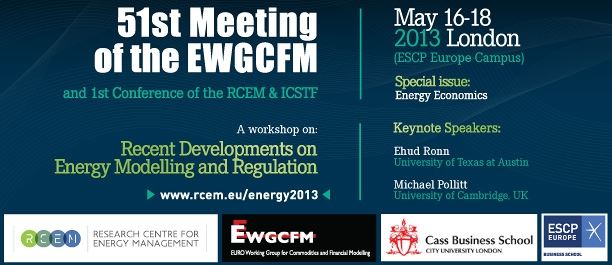
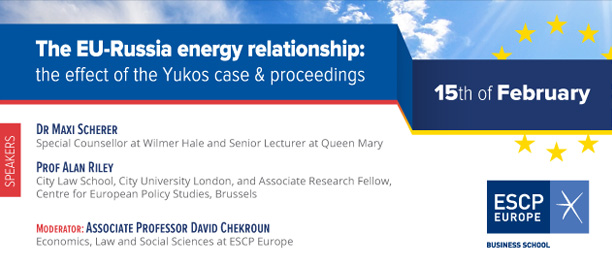
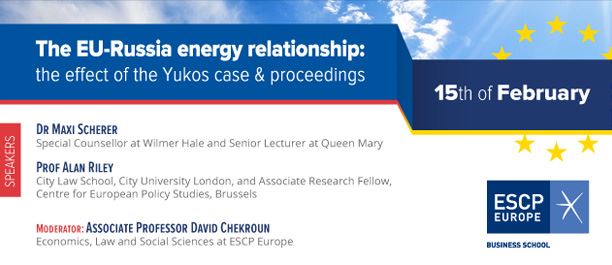


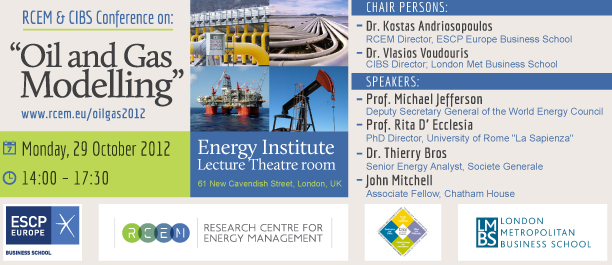
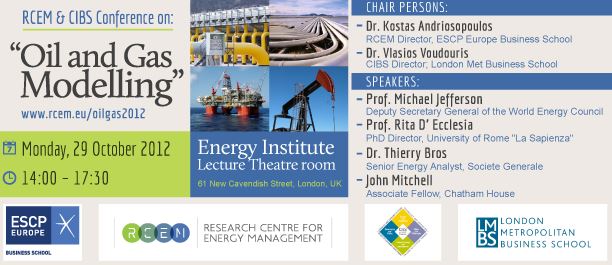
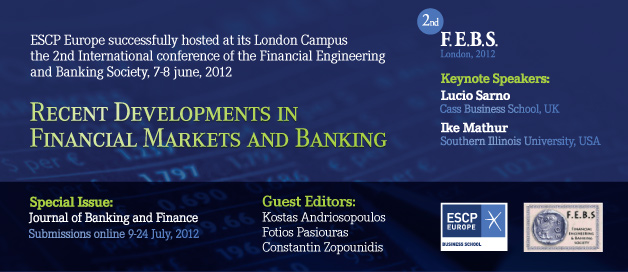

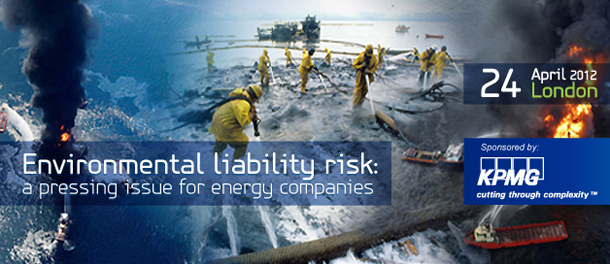
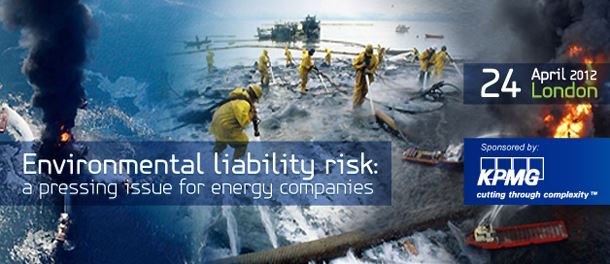


 Facebook
Facebook Linkedin
Linkedin Instagram
Instagram Youtube
Youtube EMC Newsletter
EMC Newsletter







